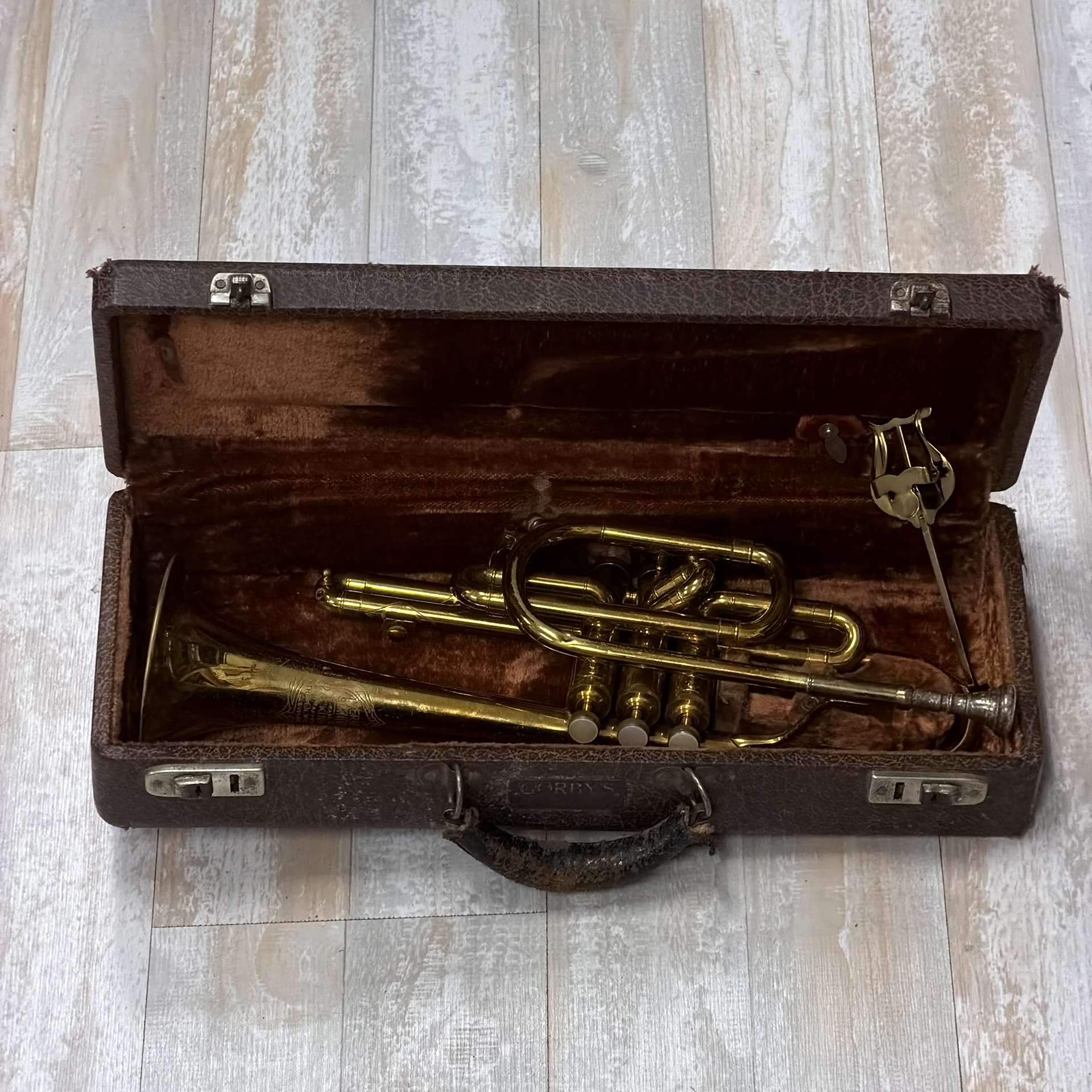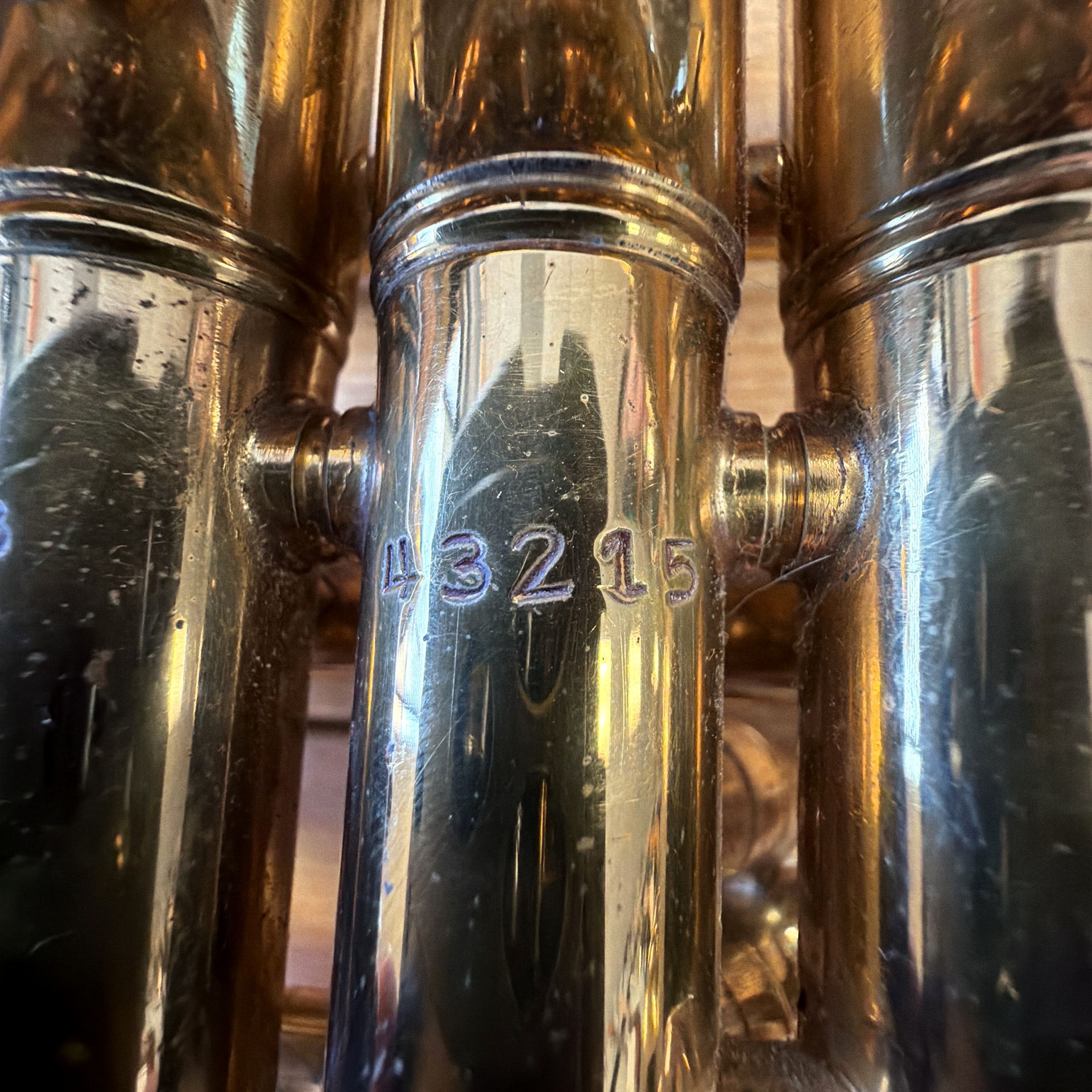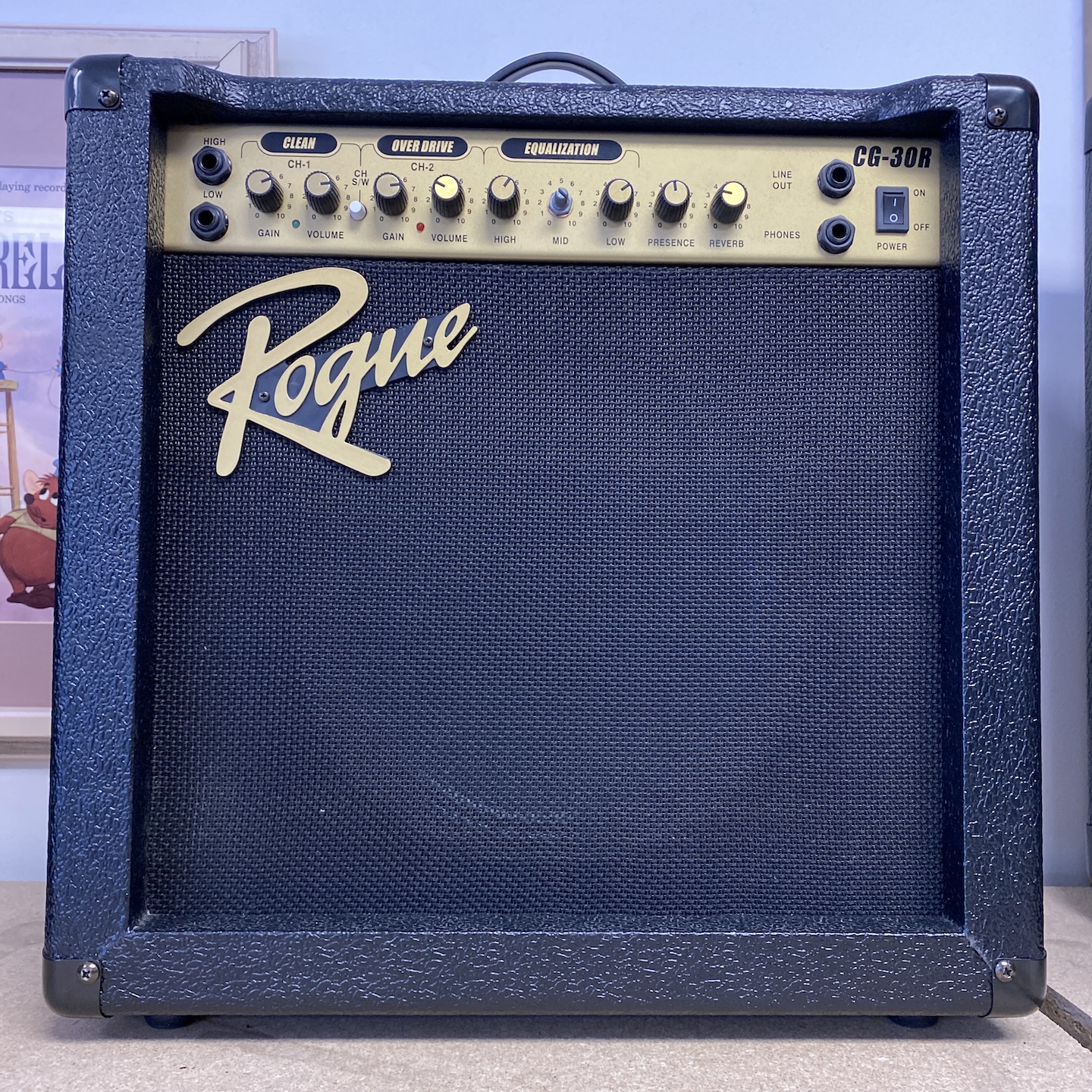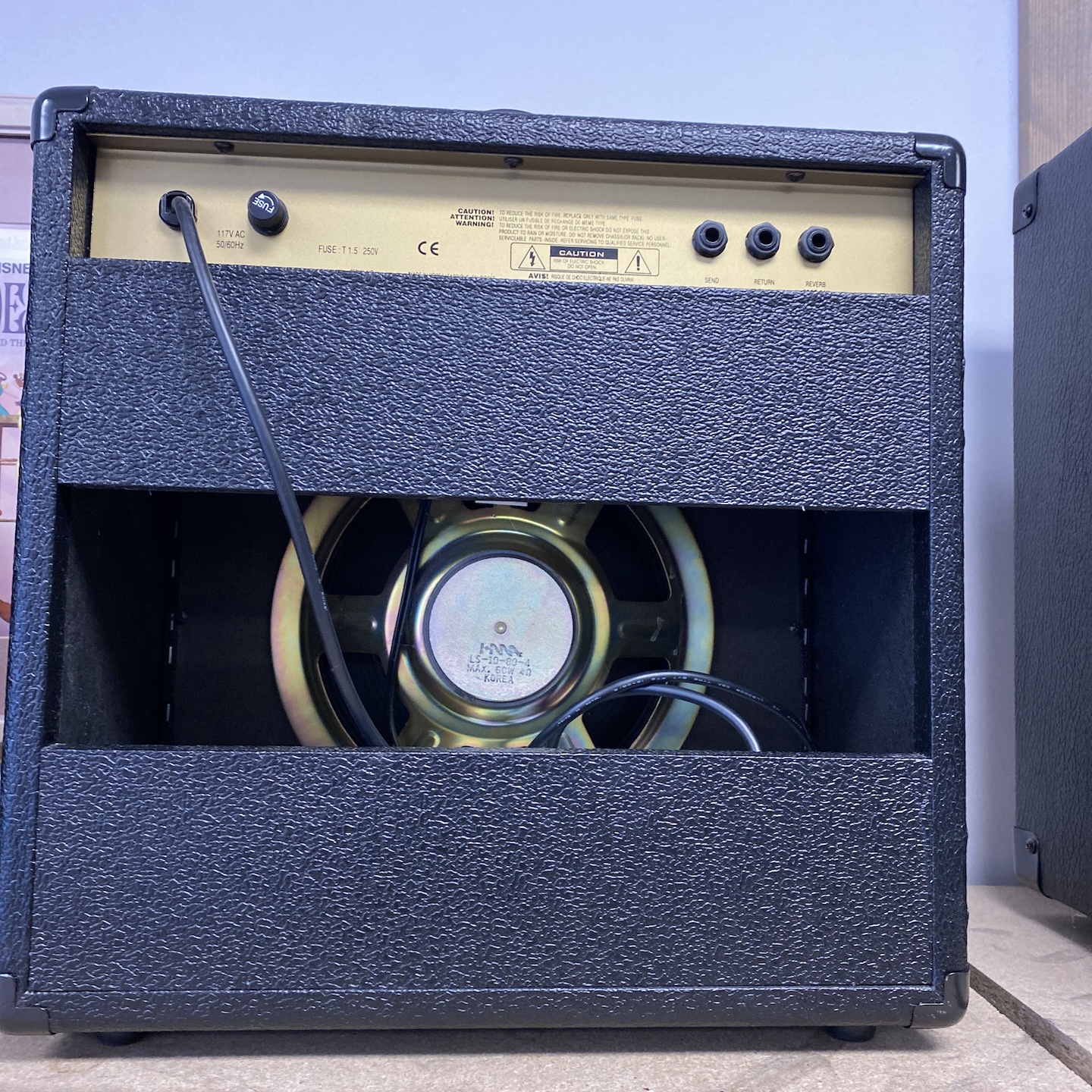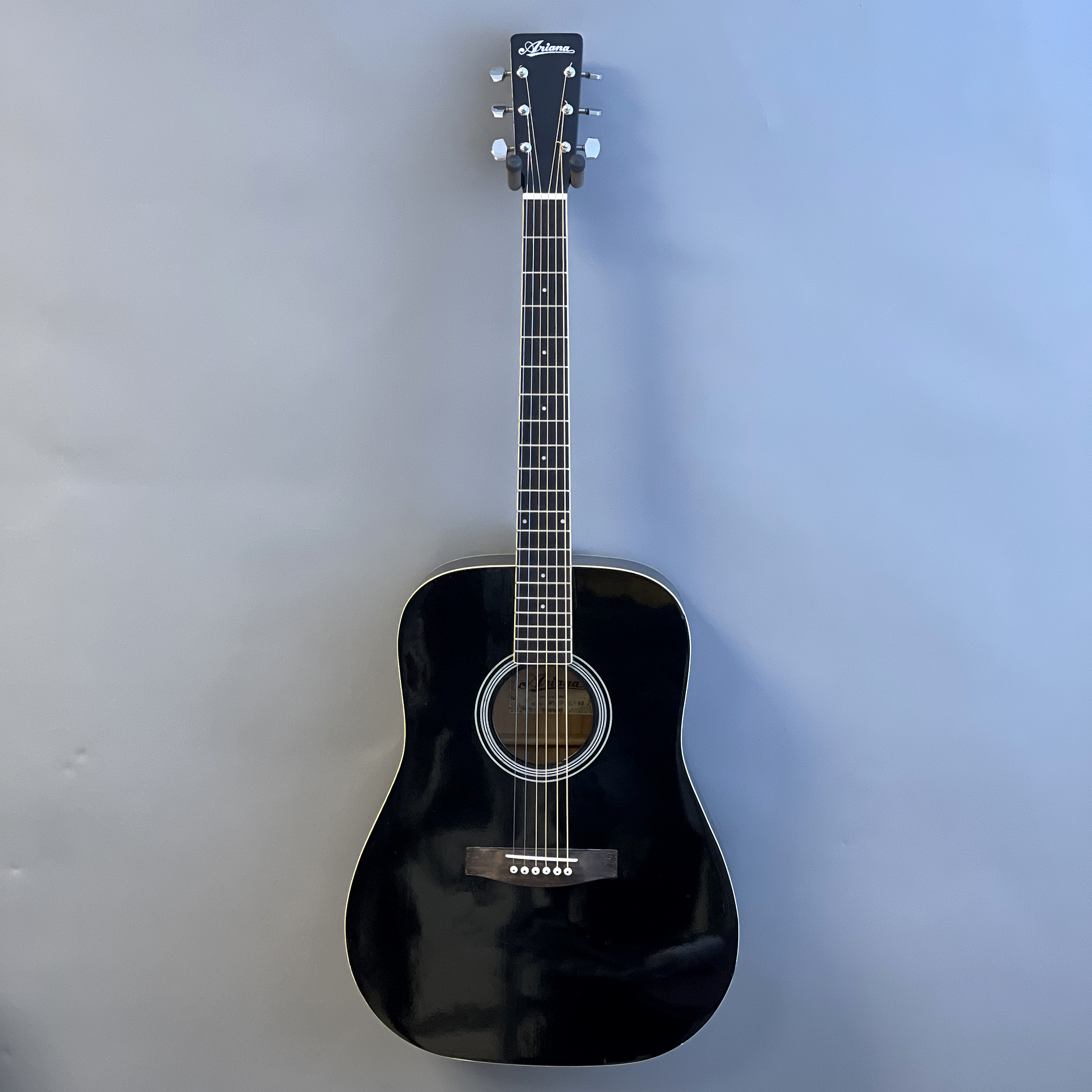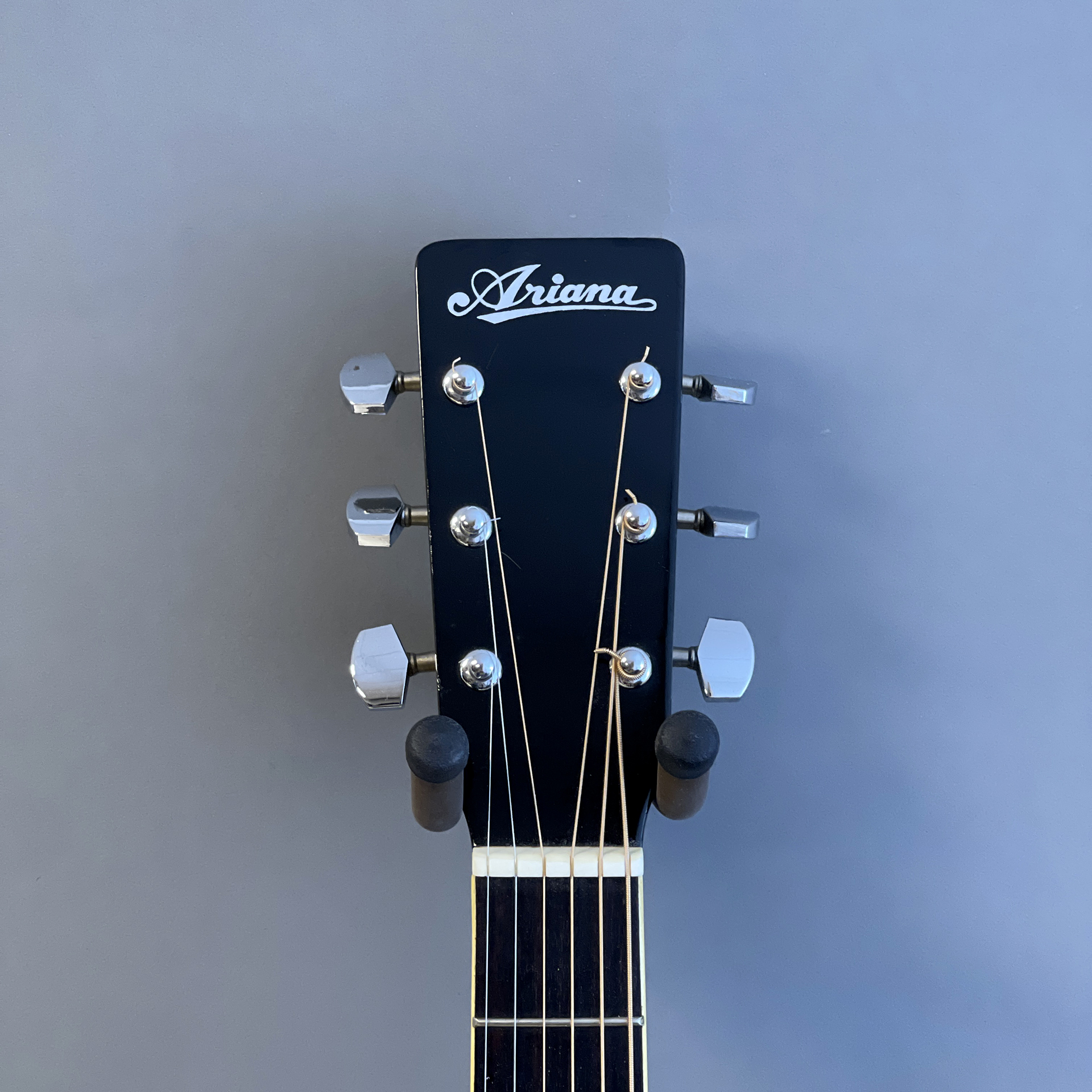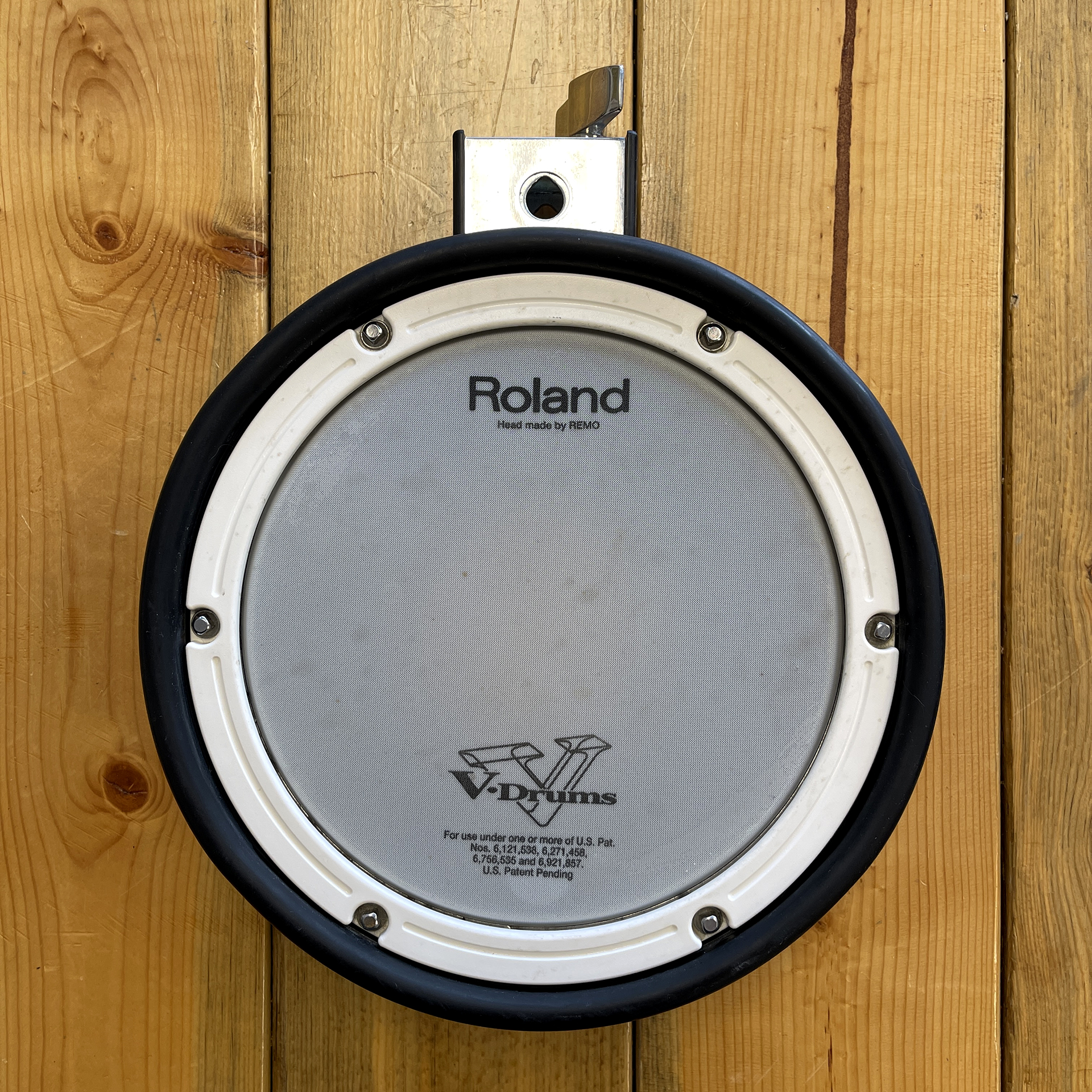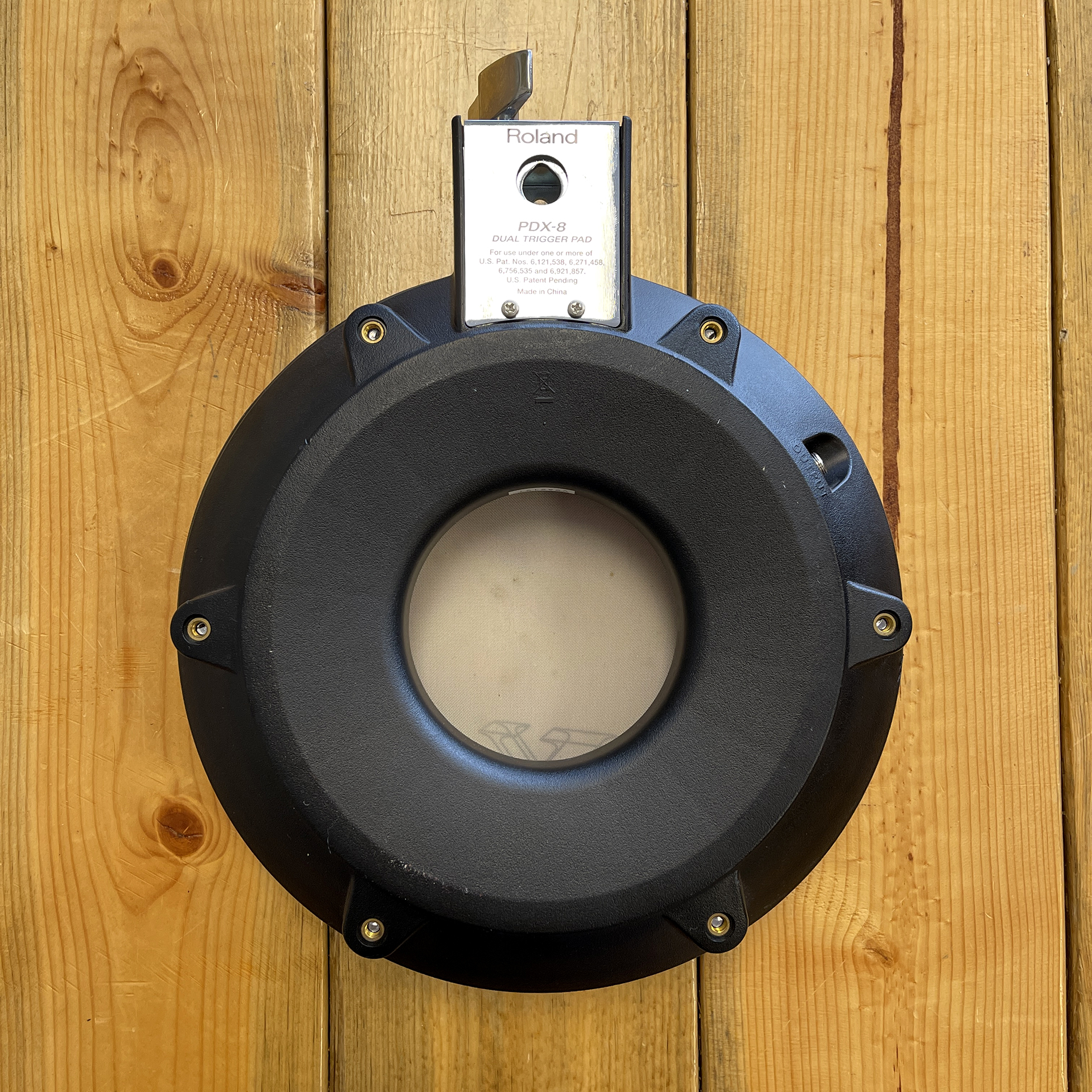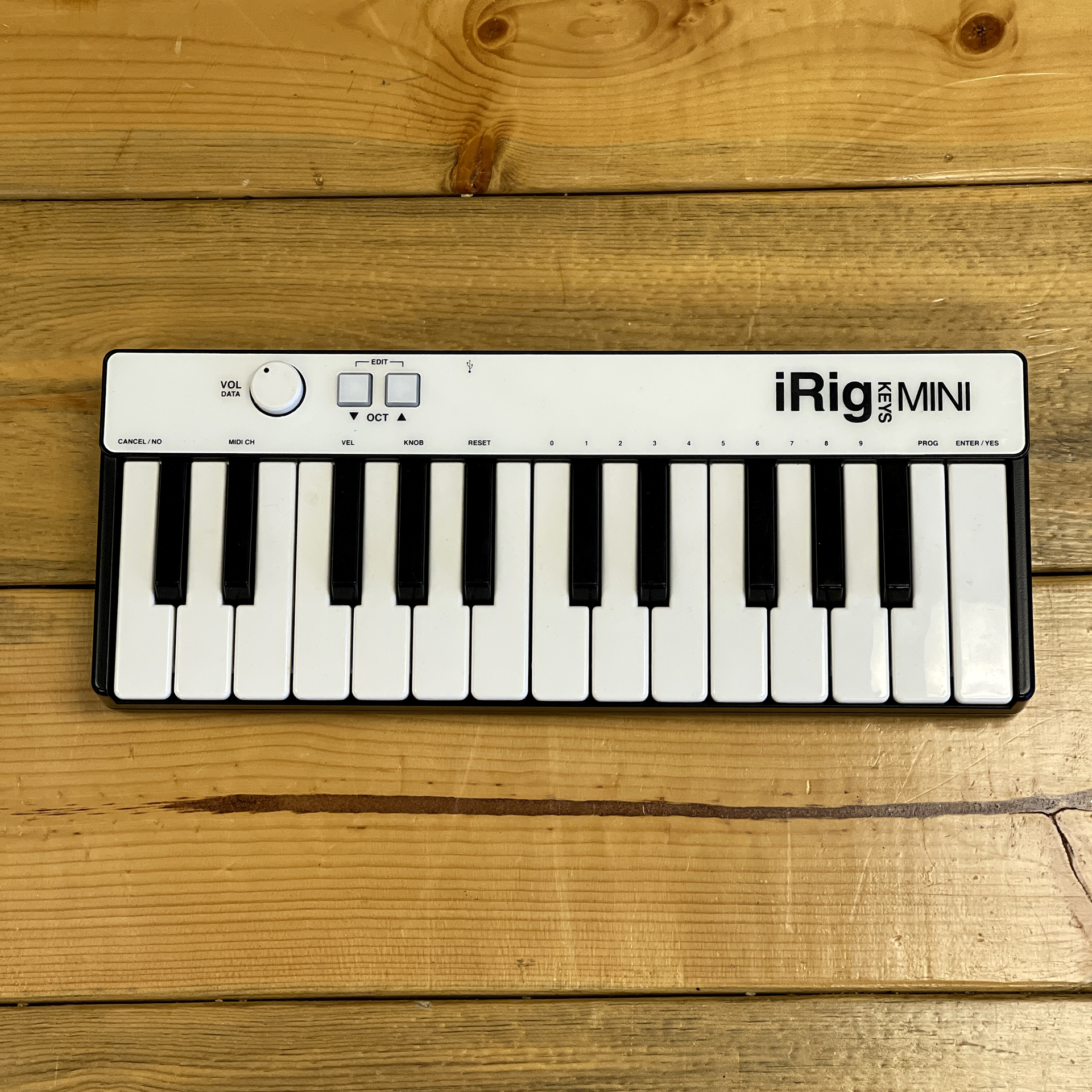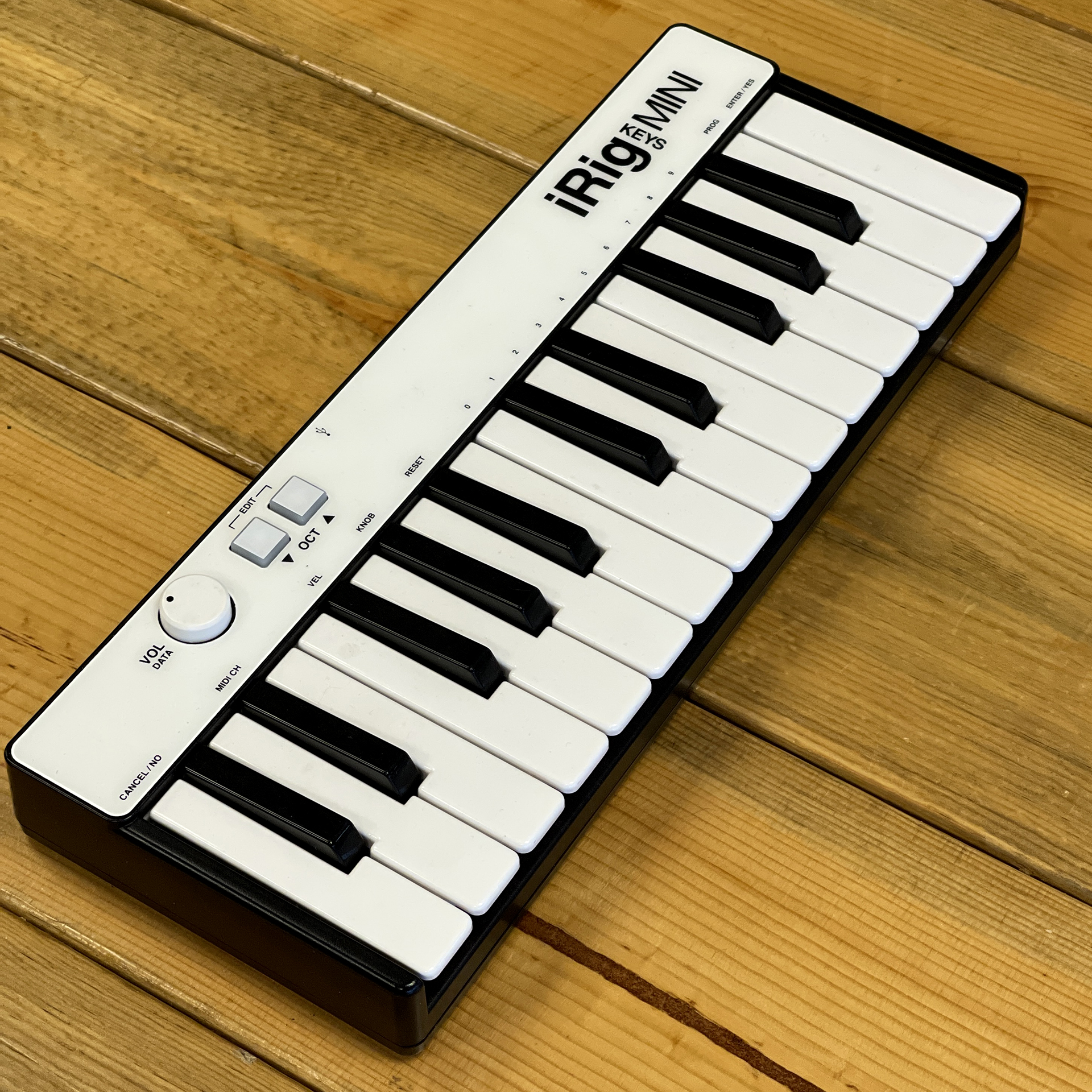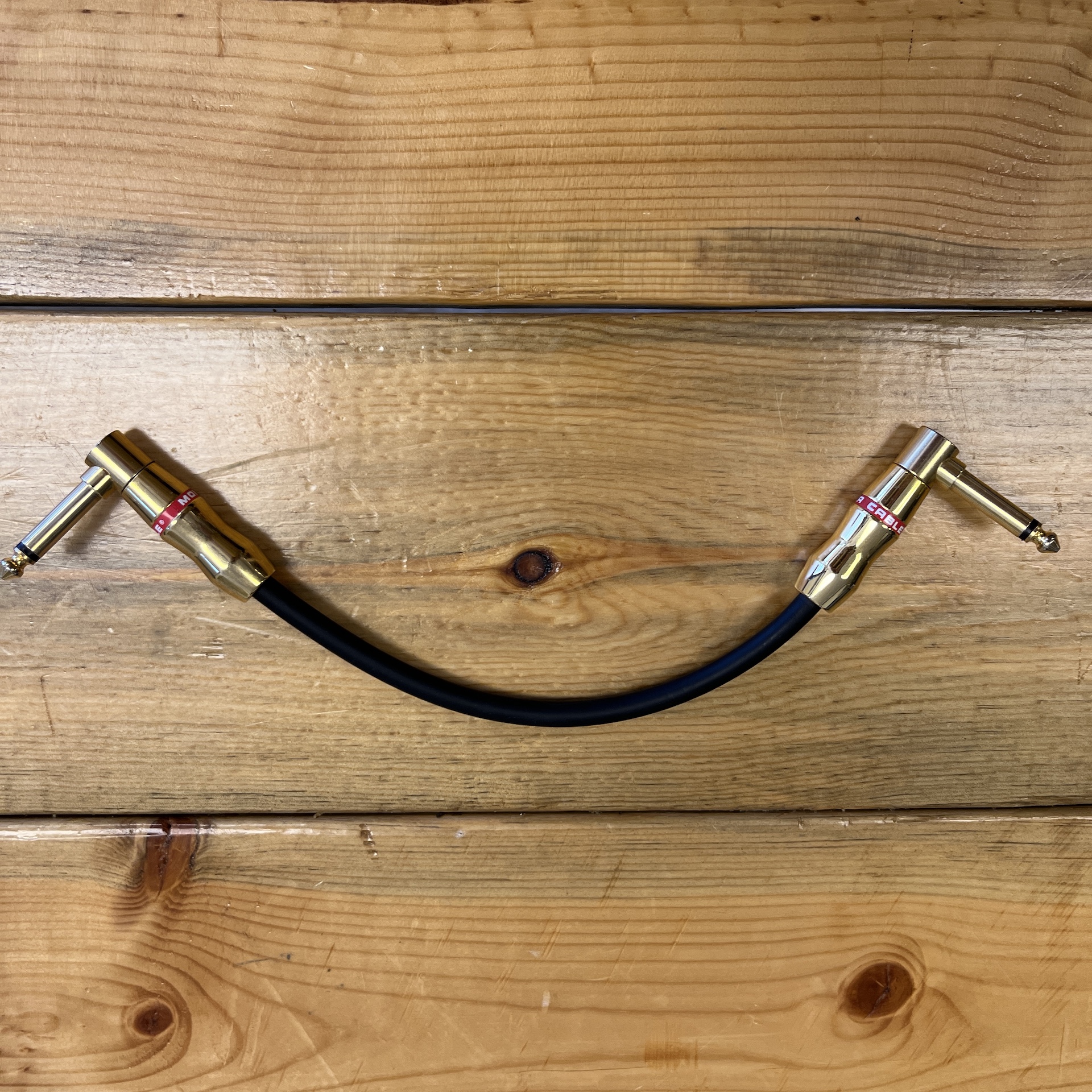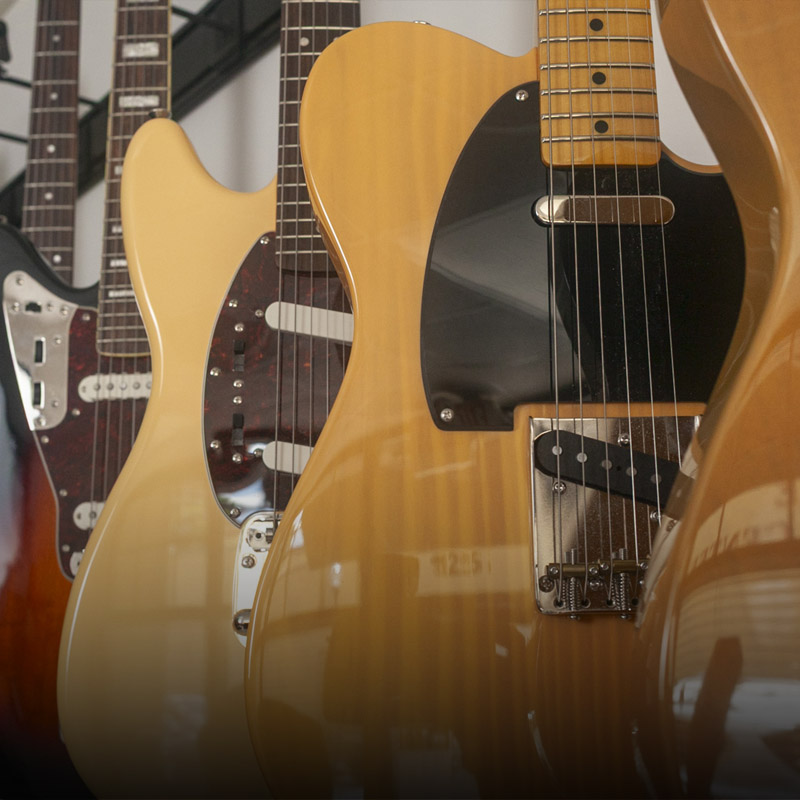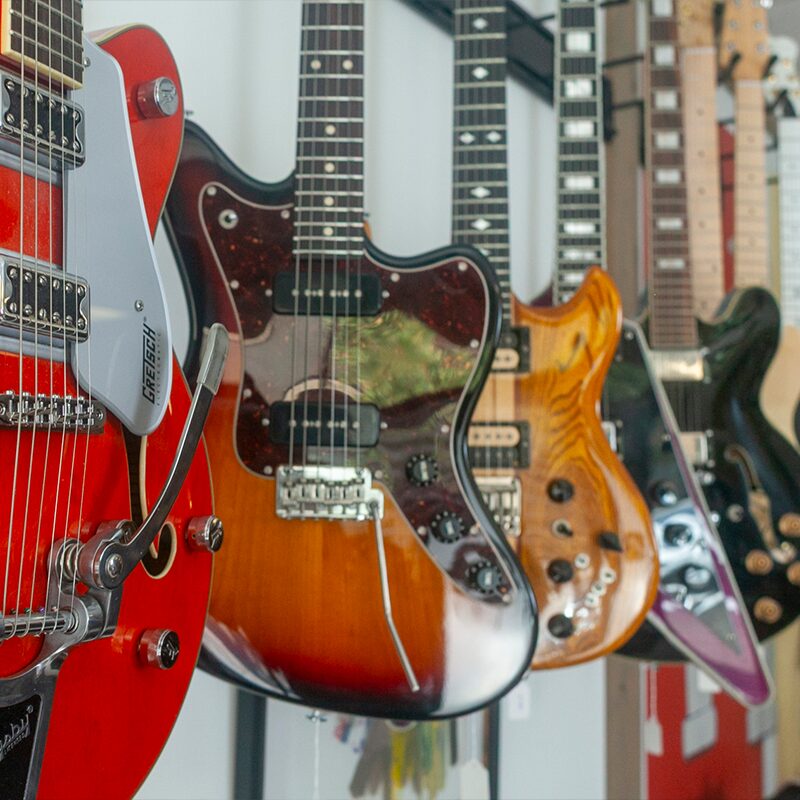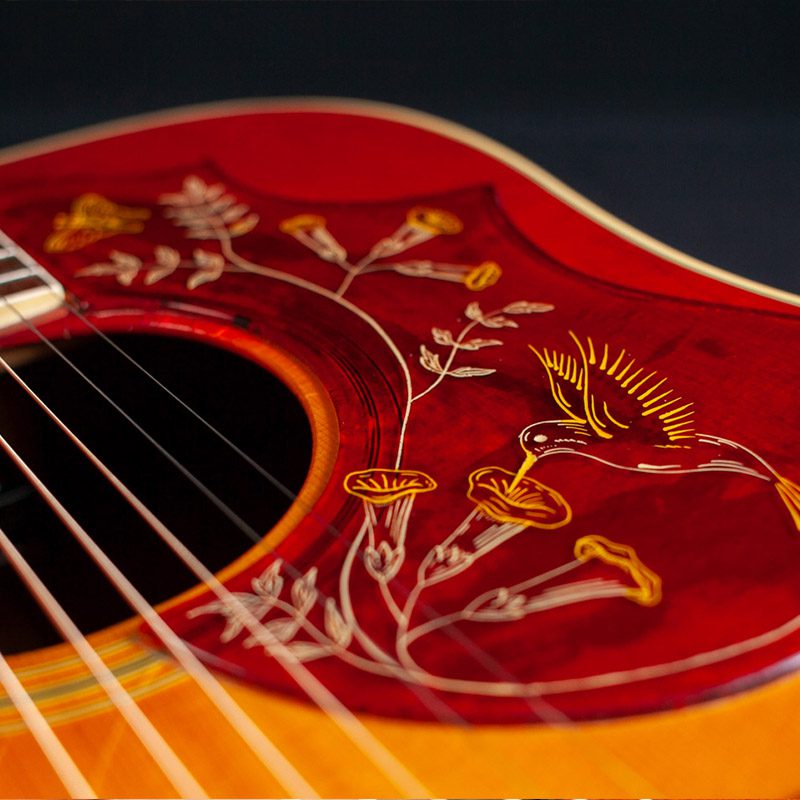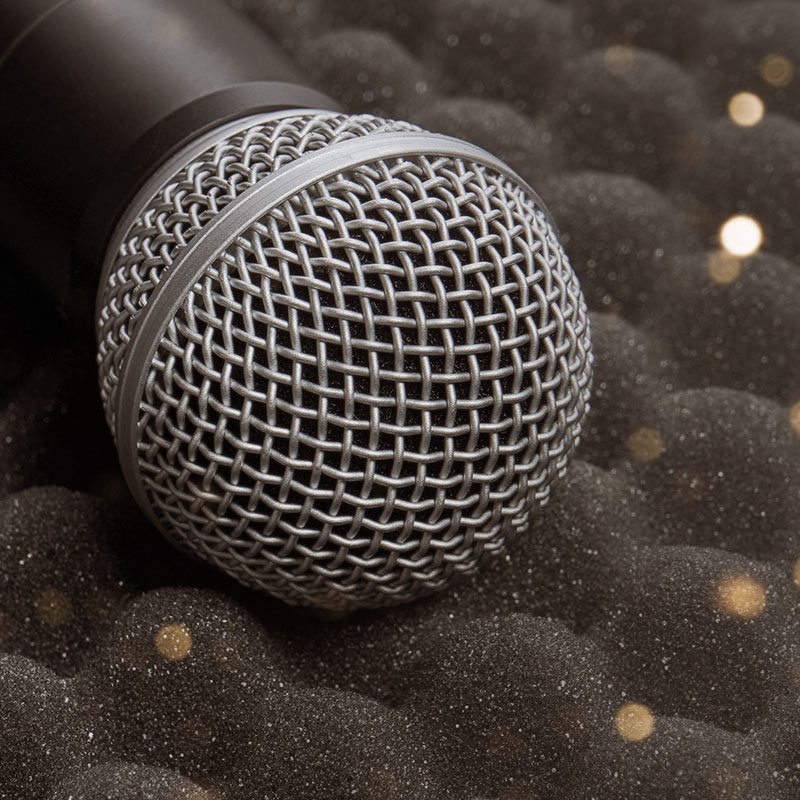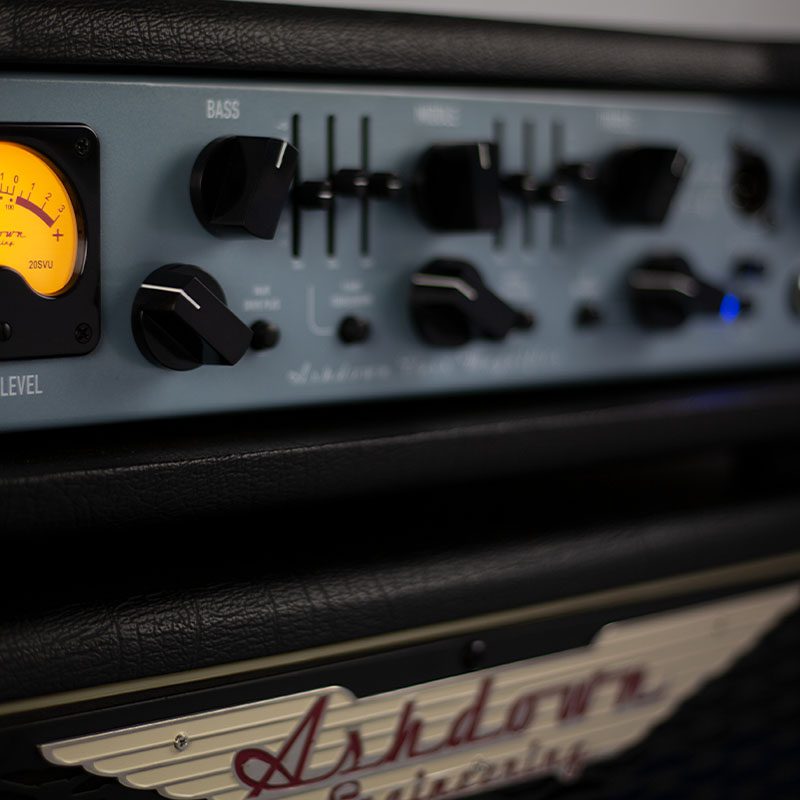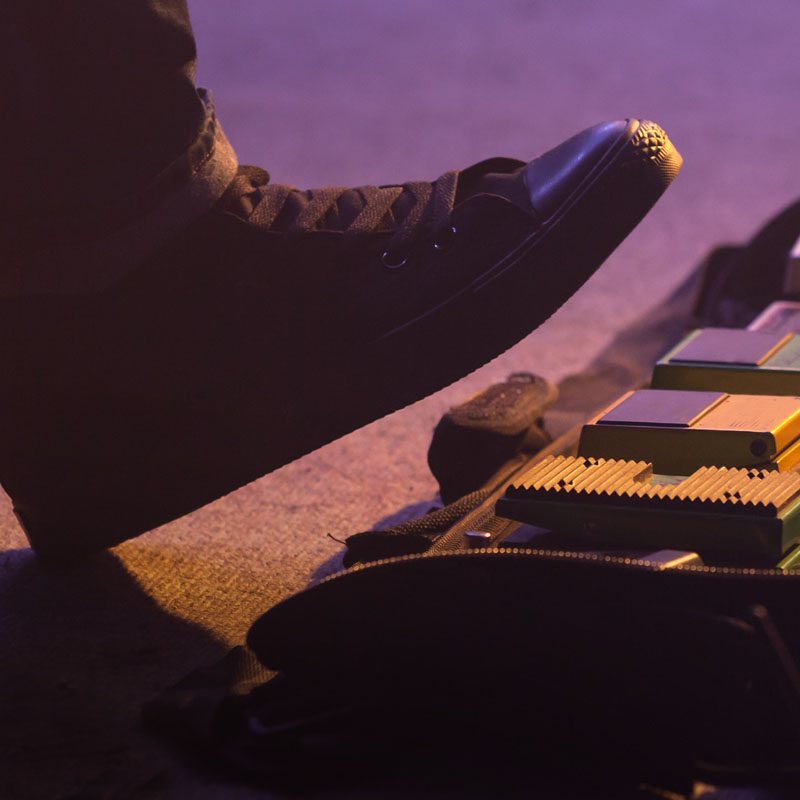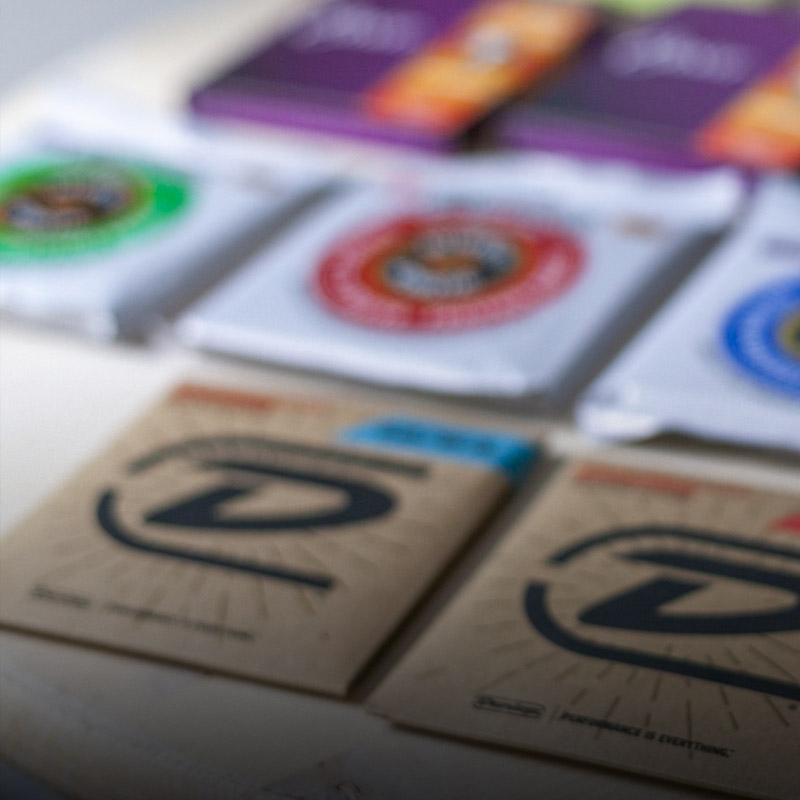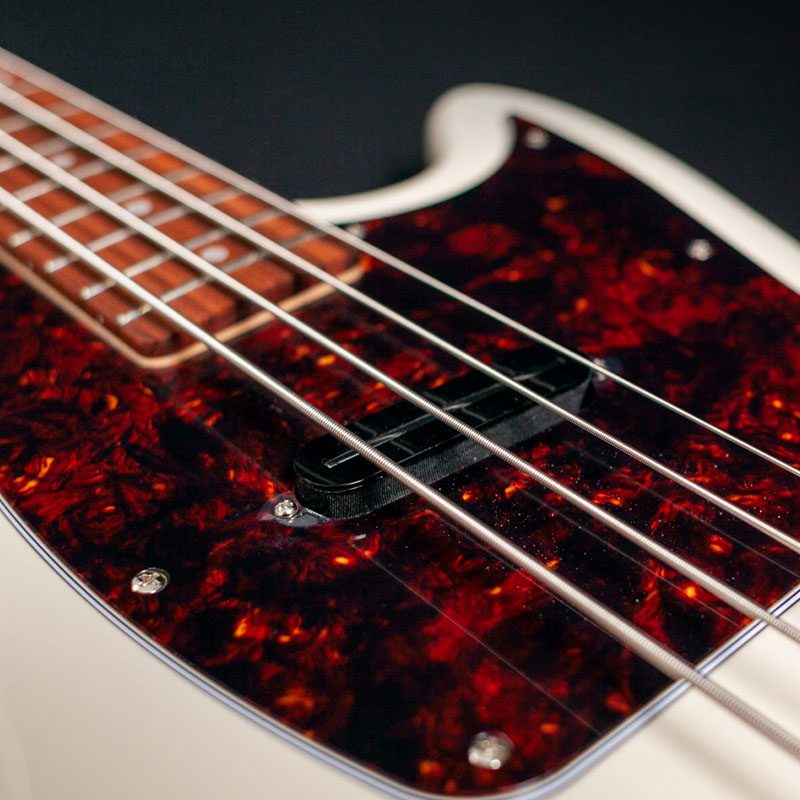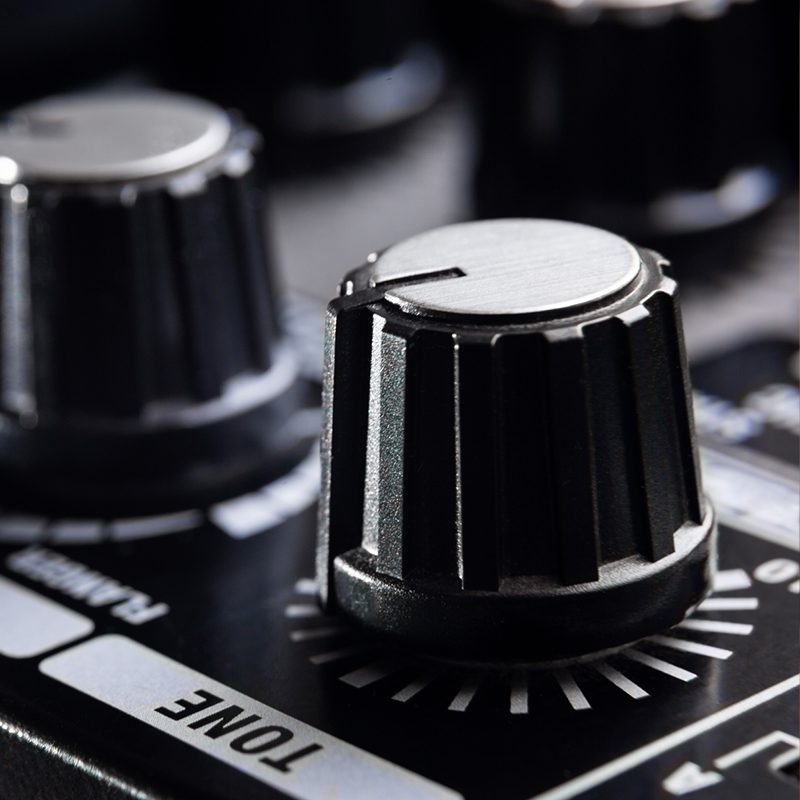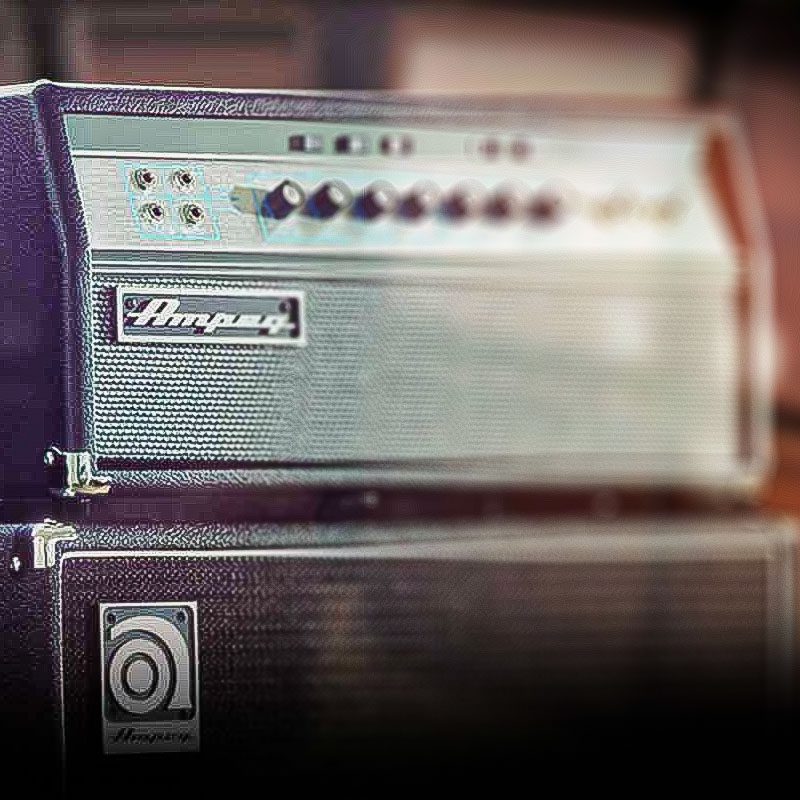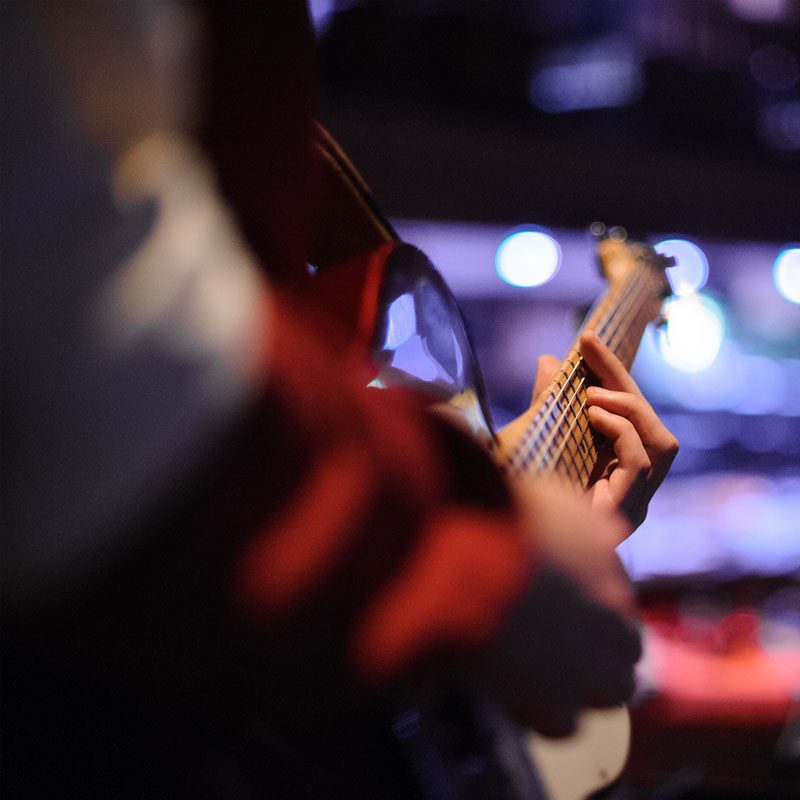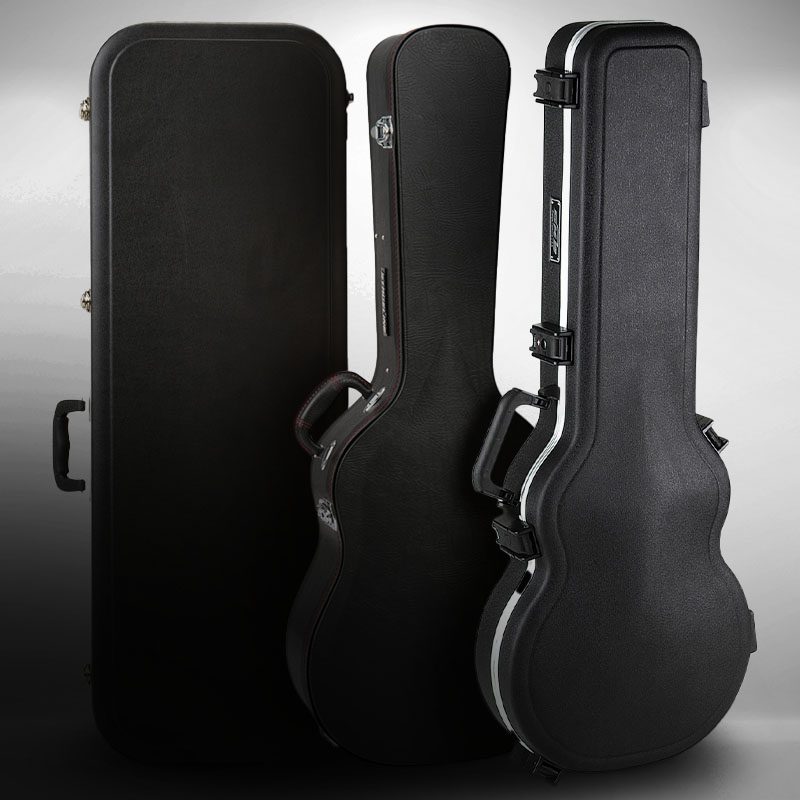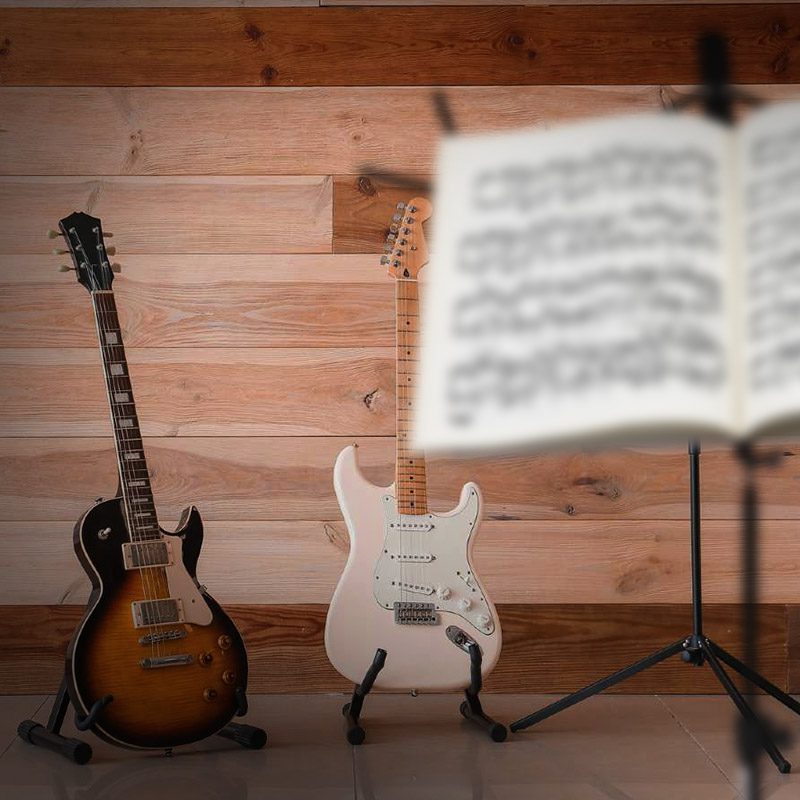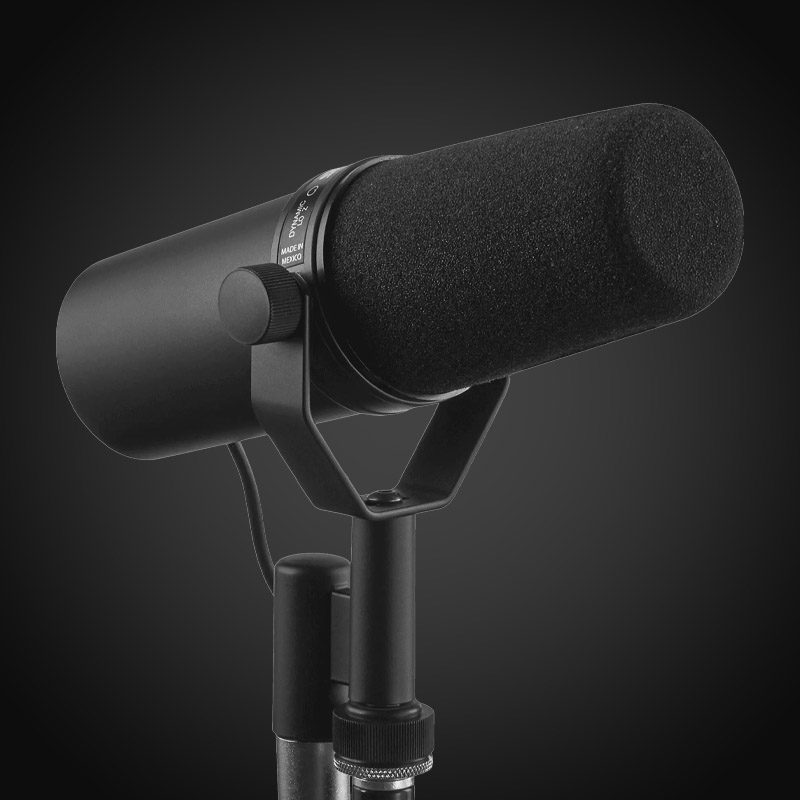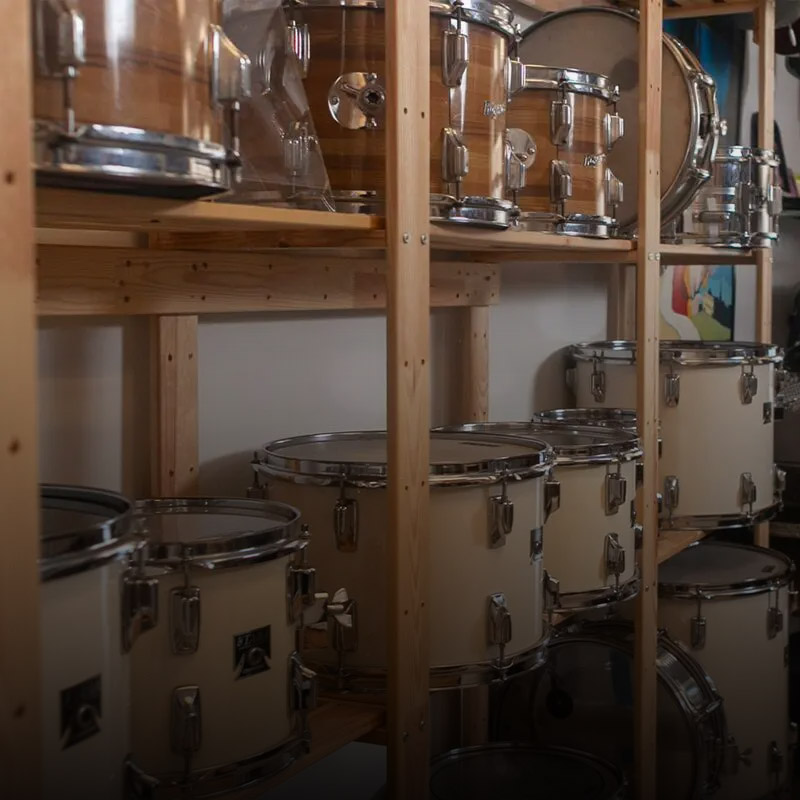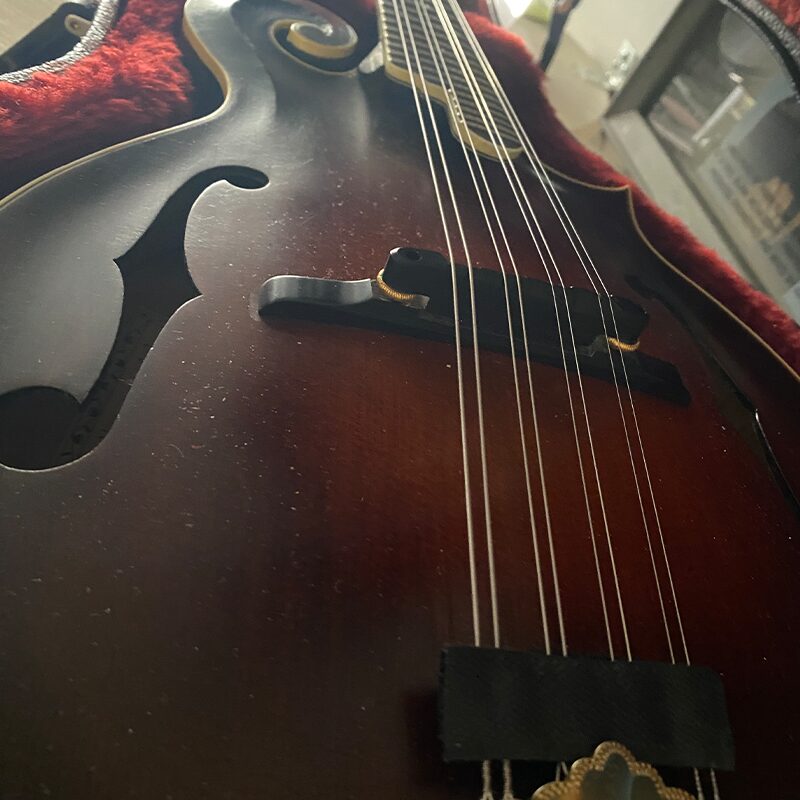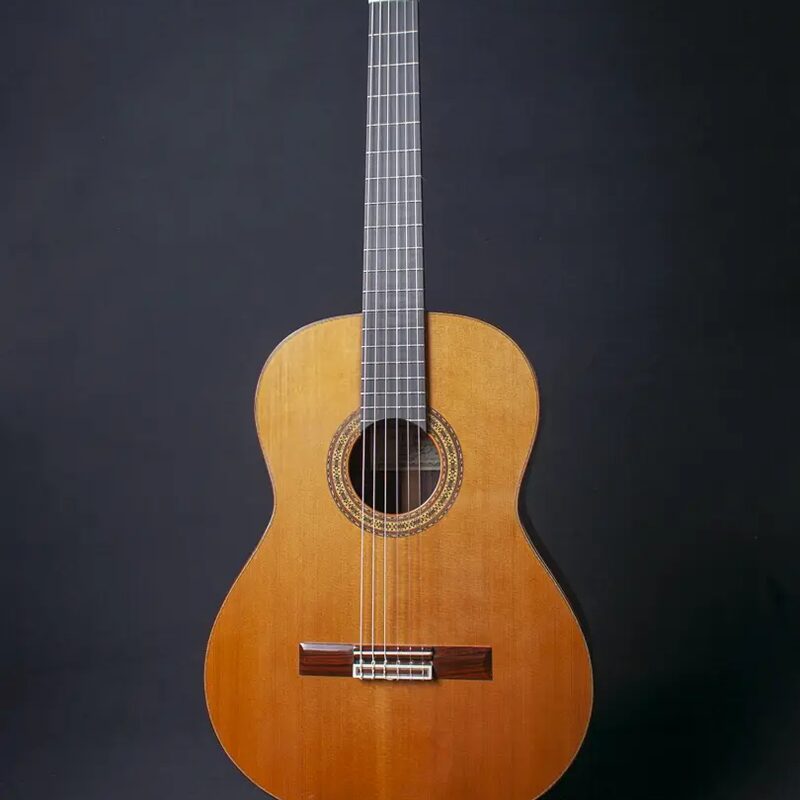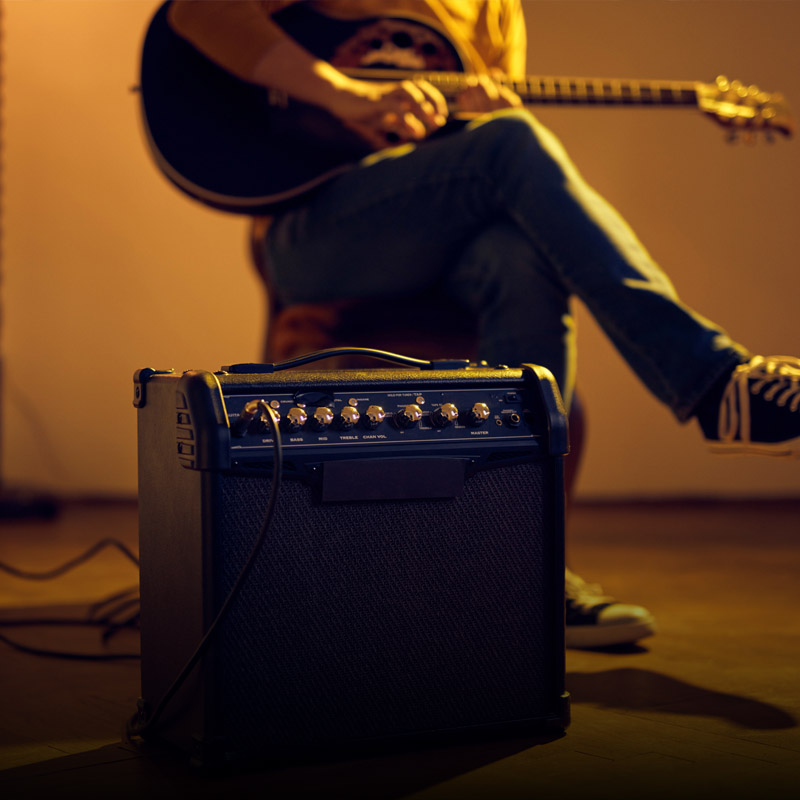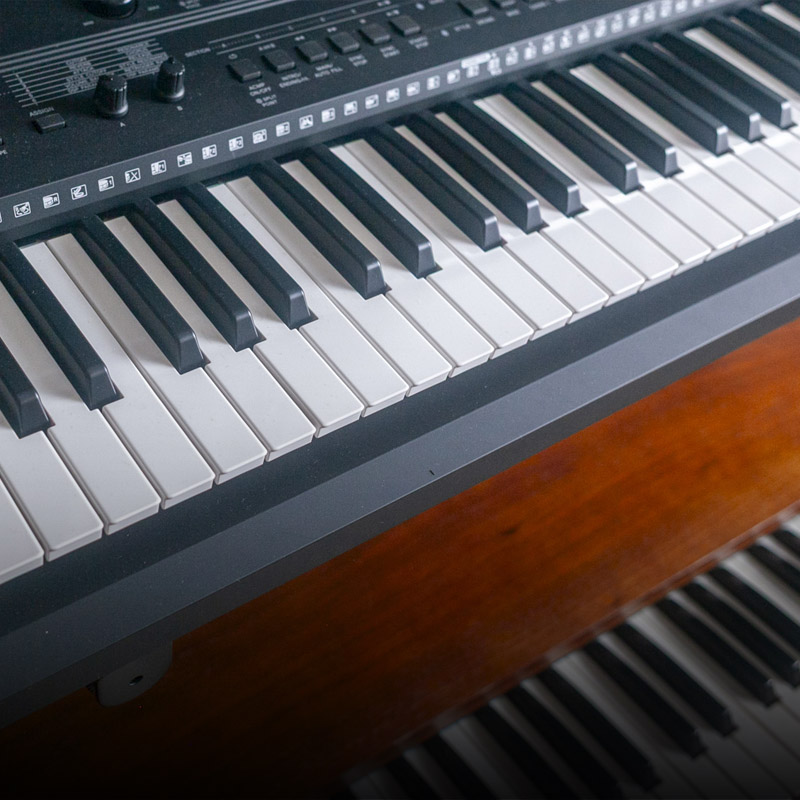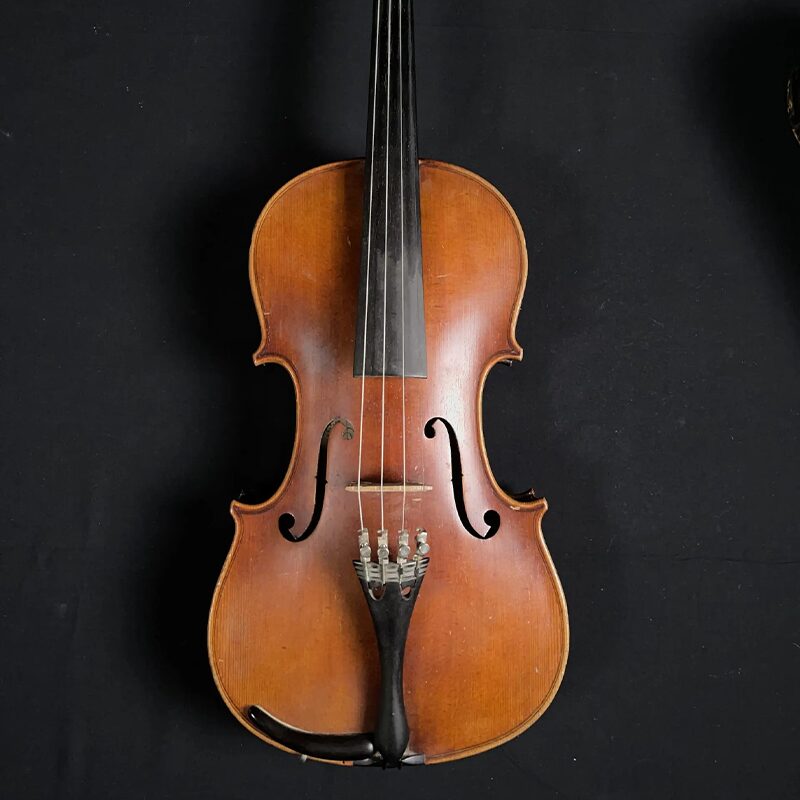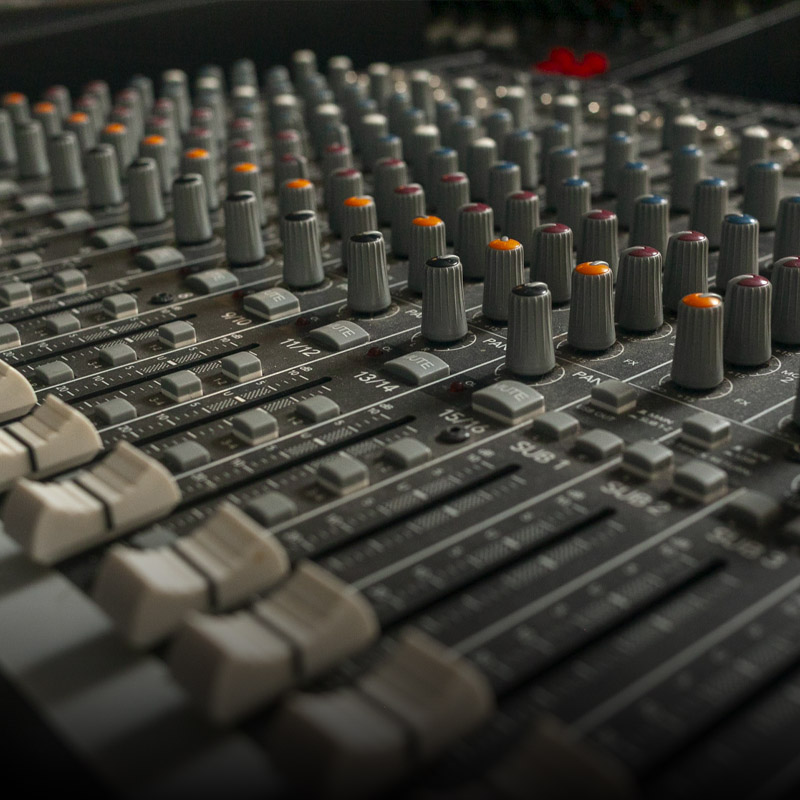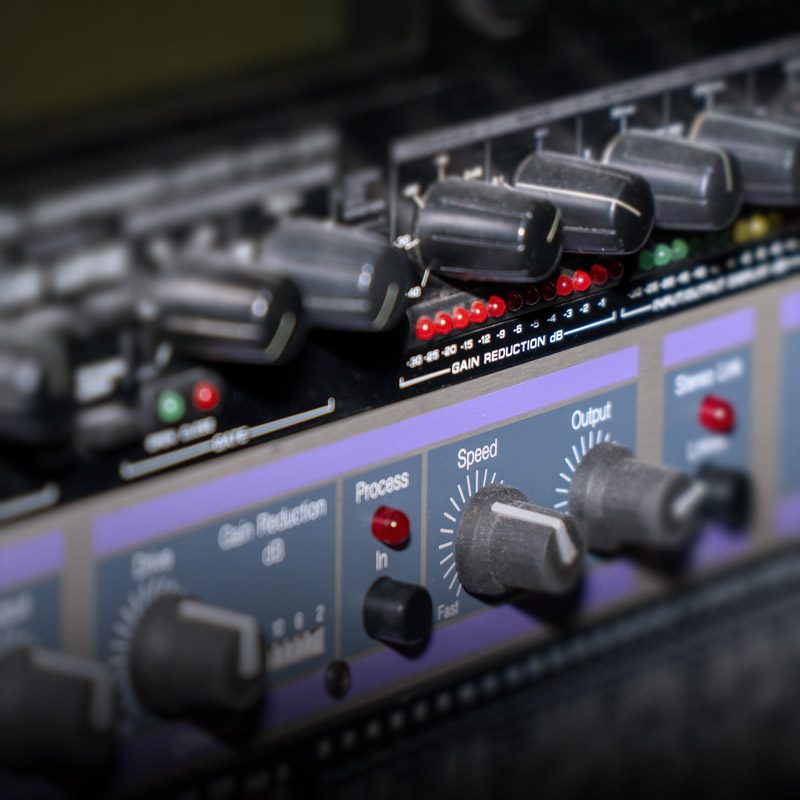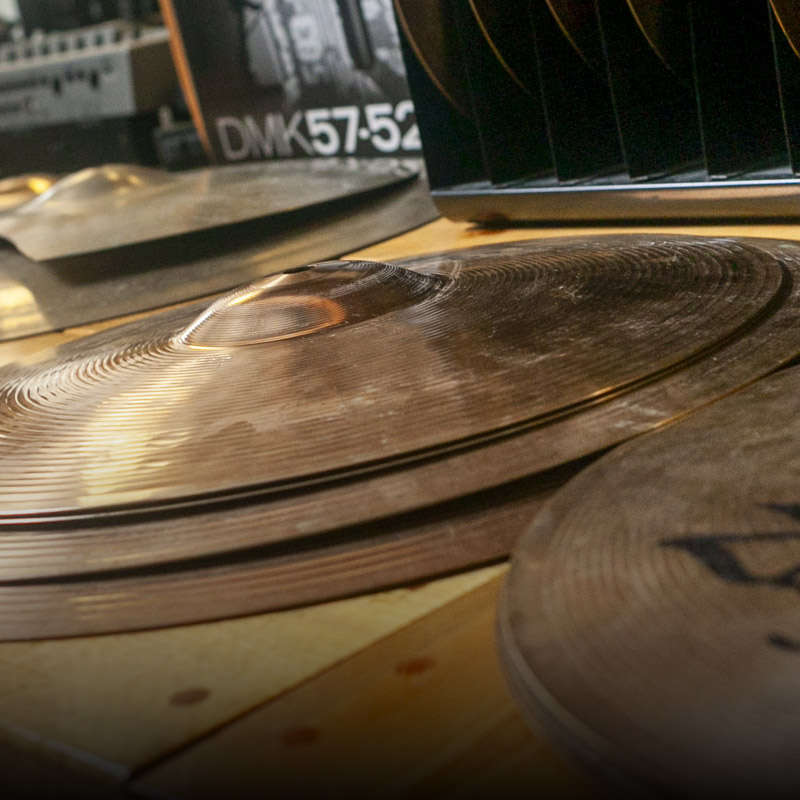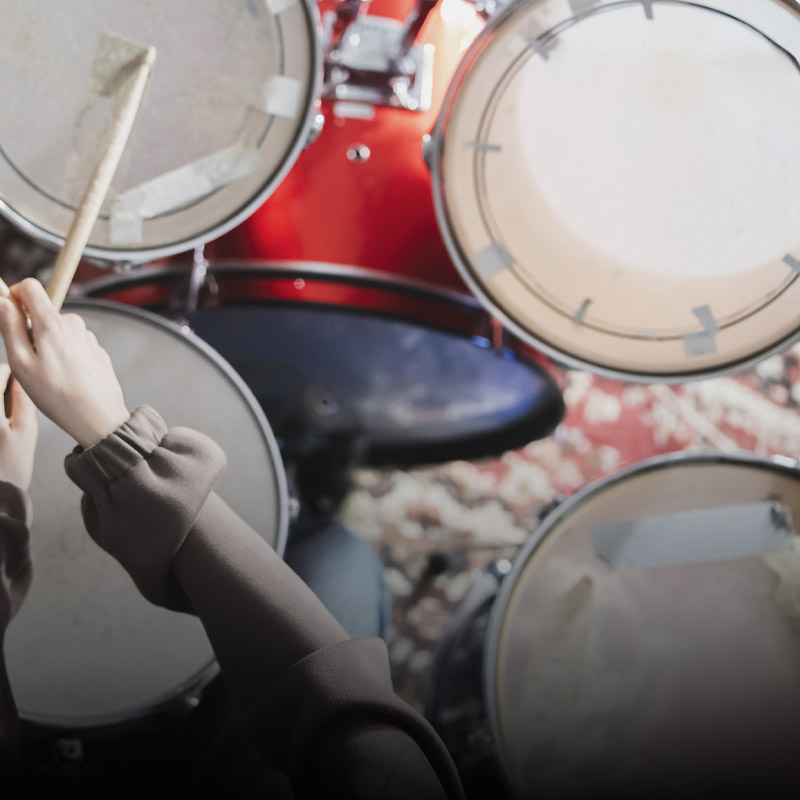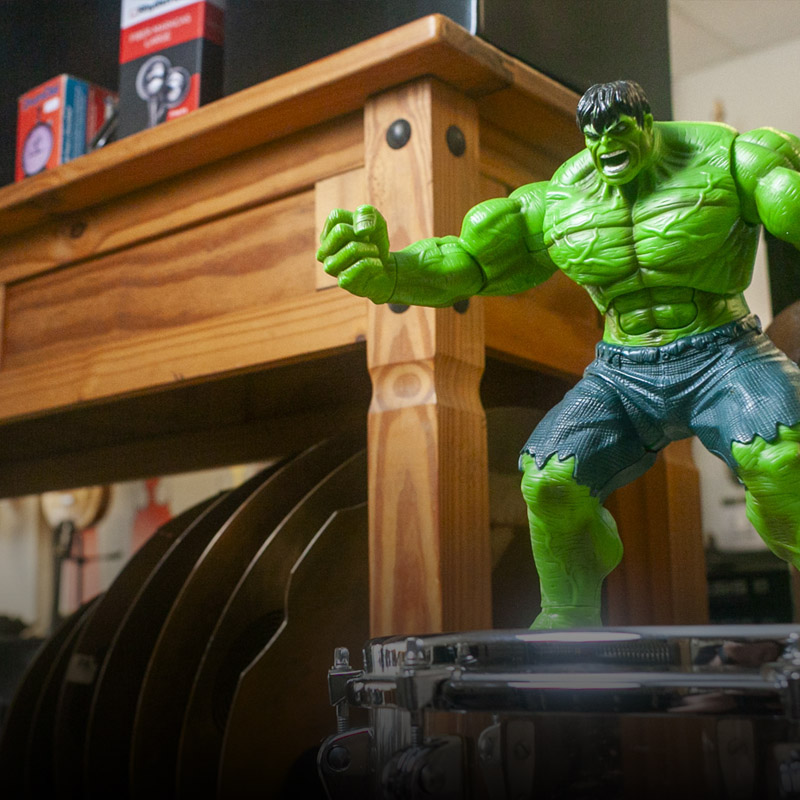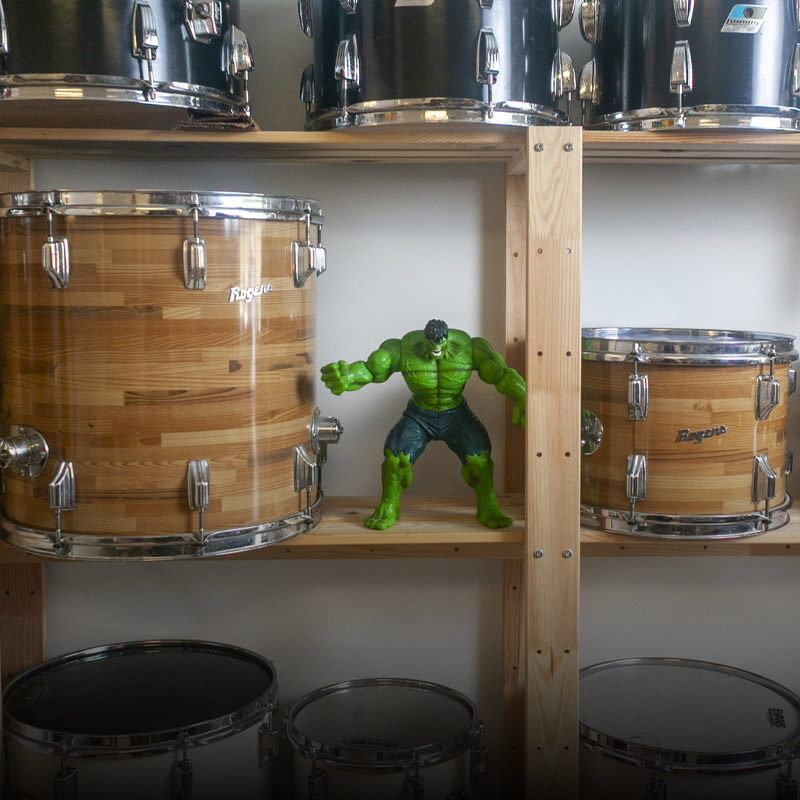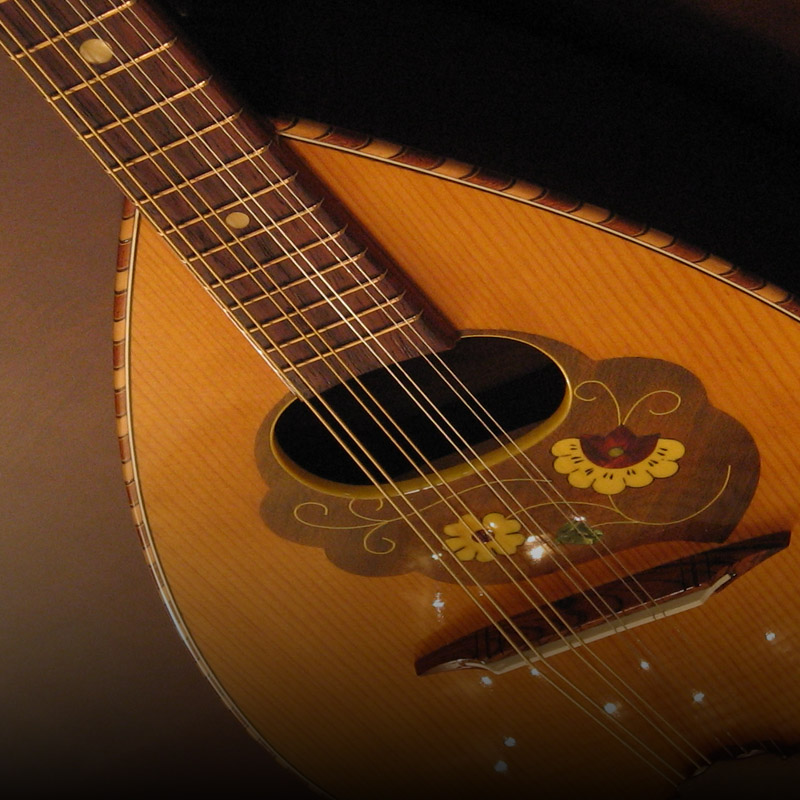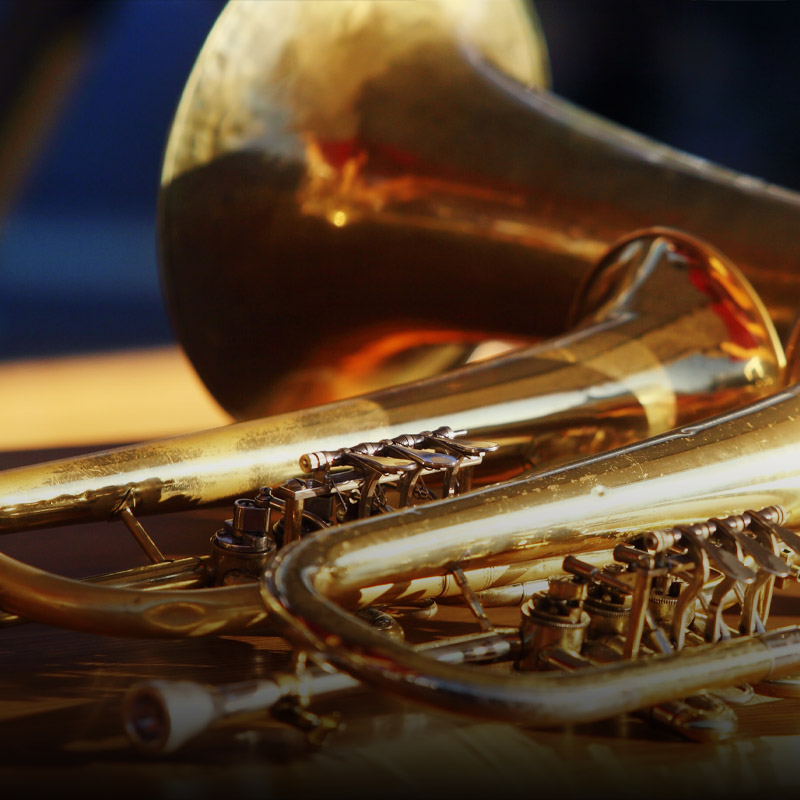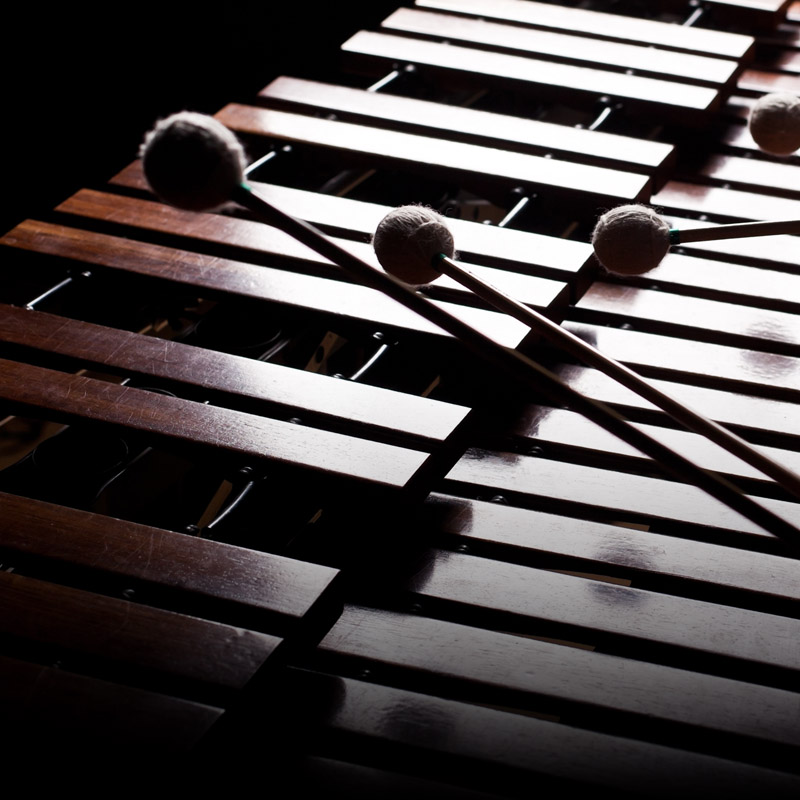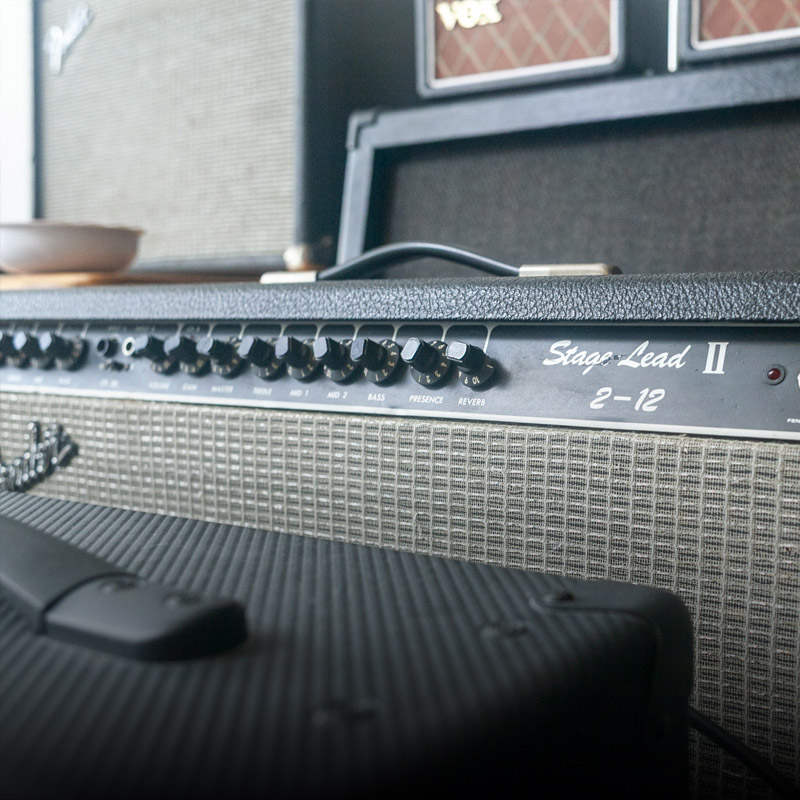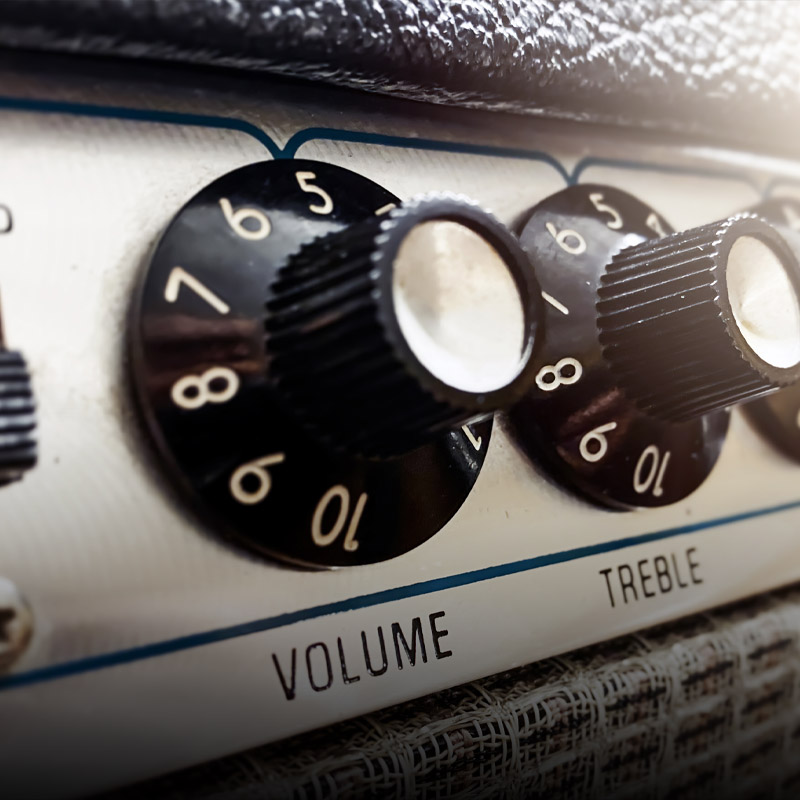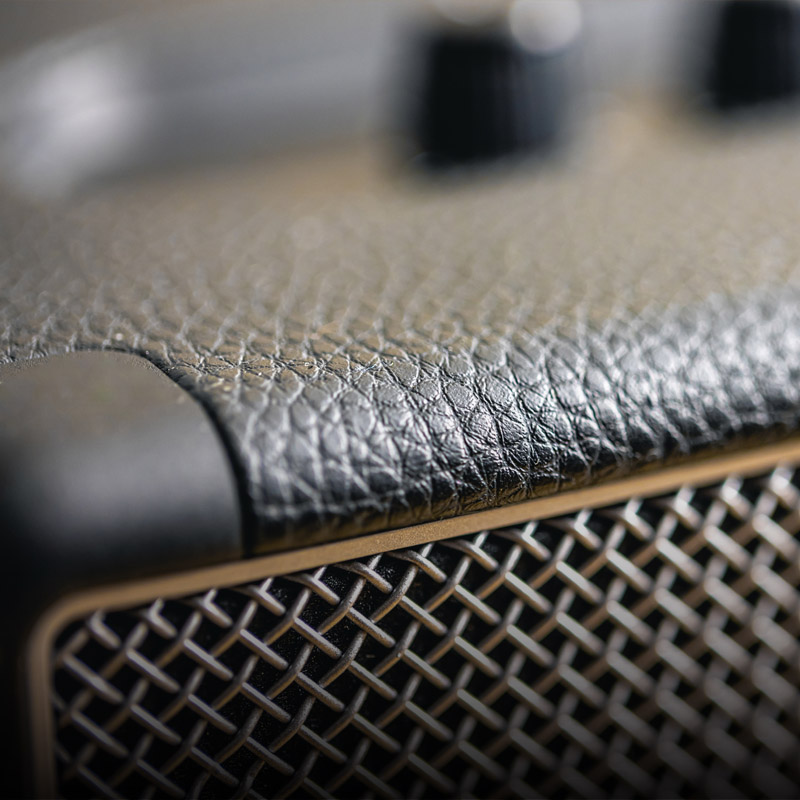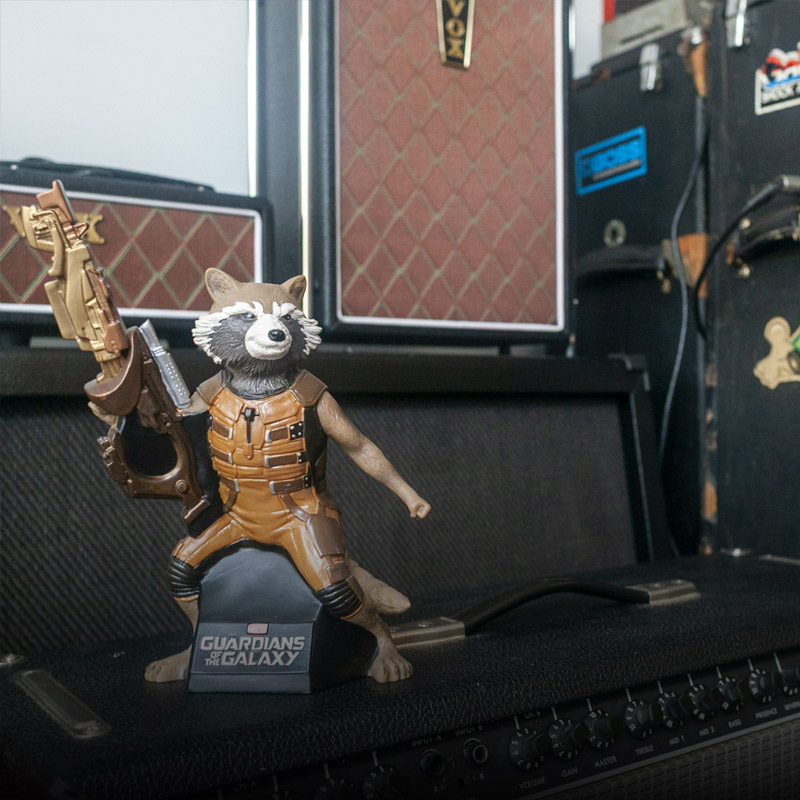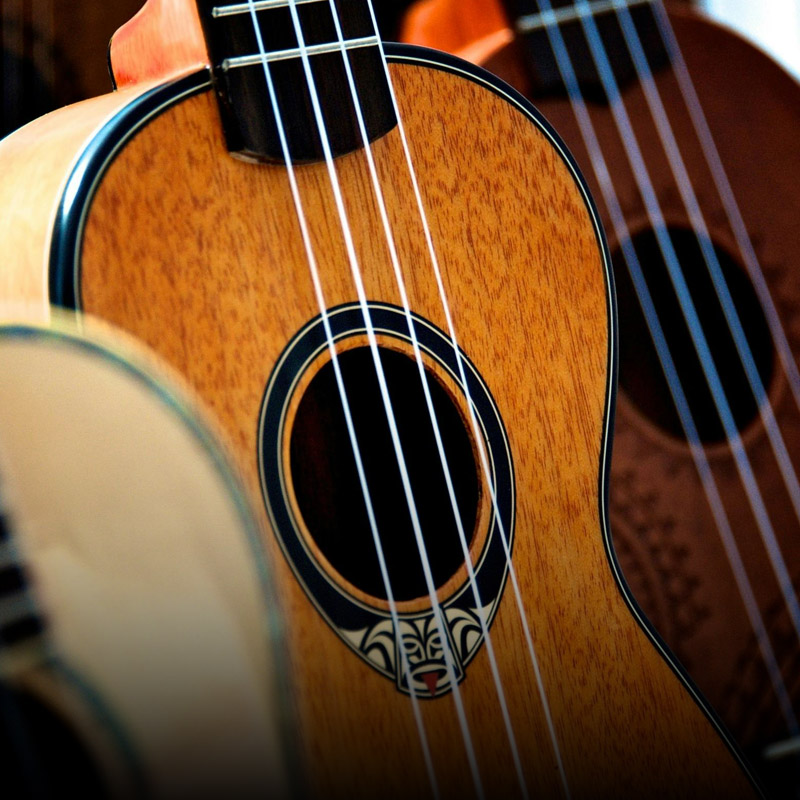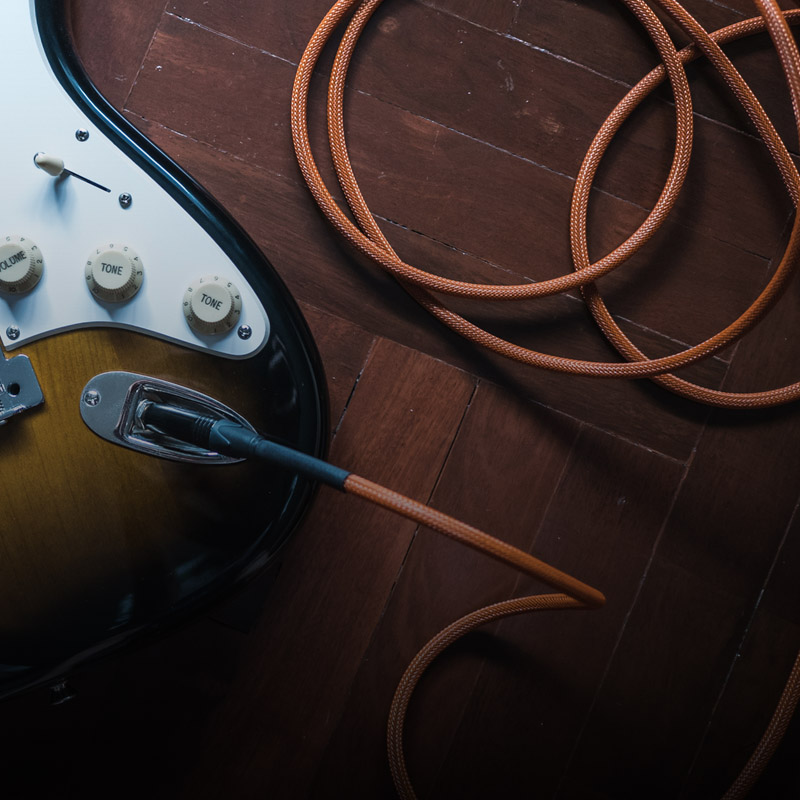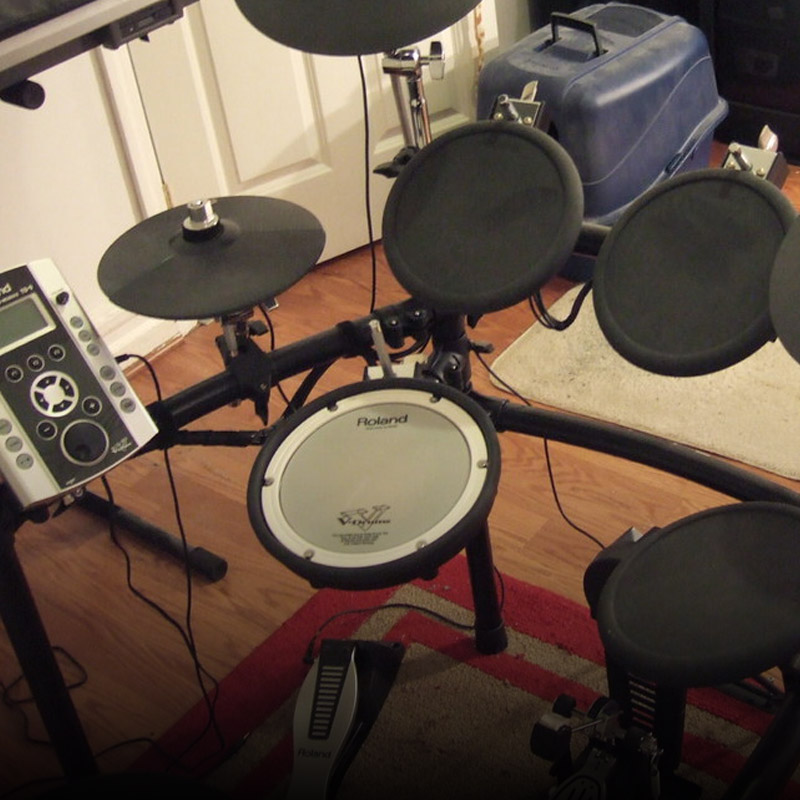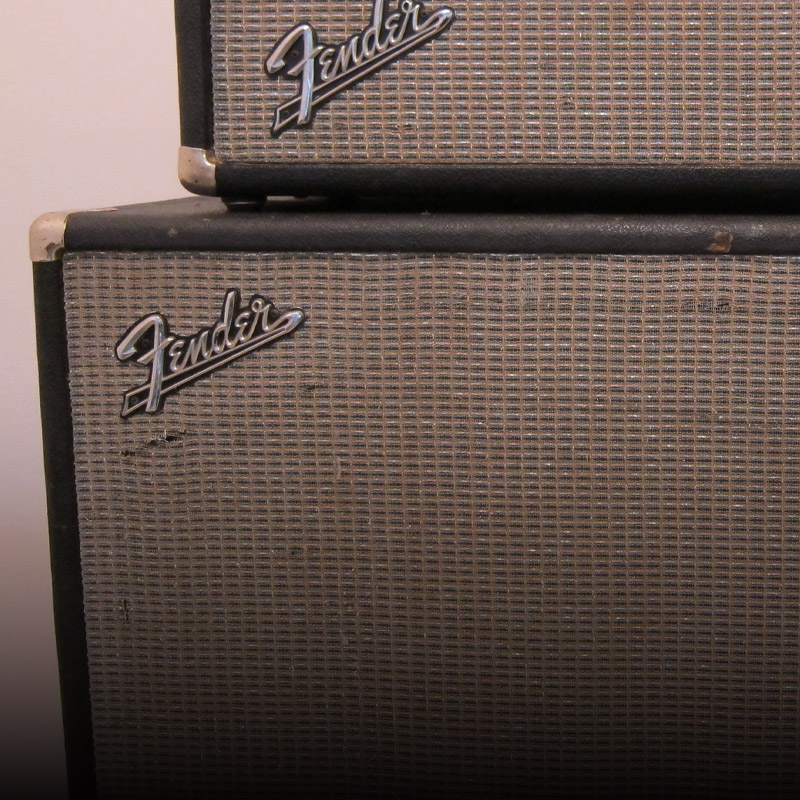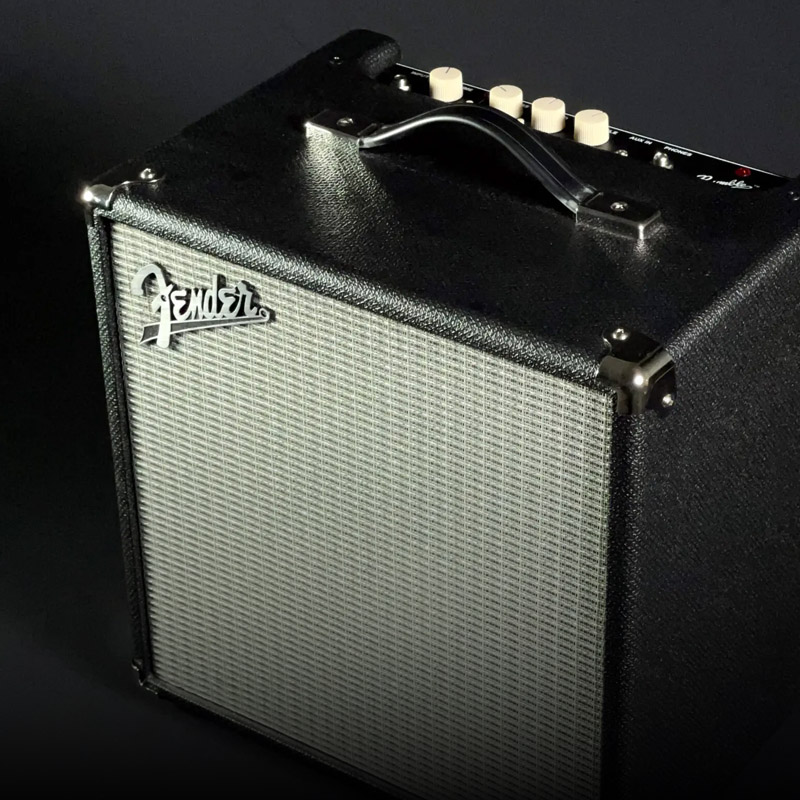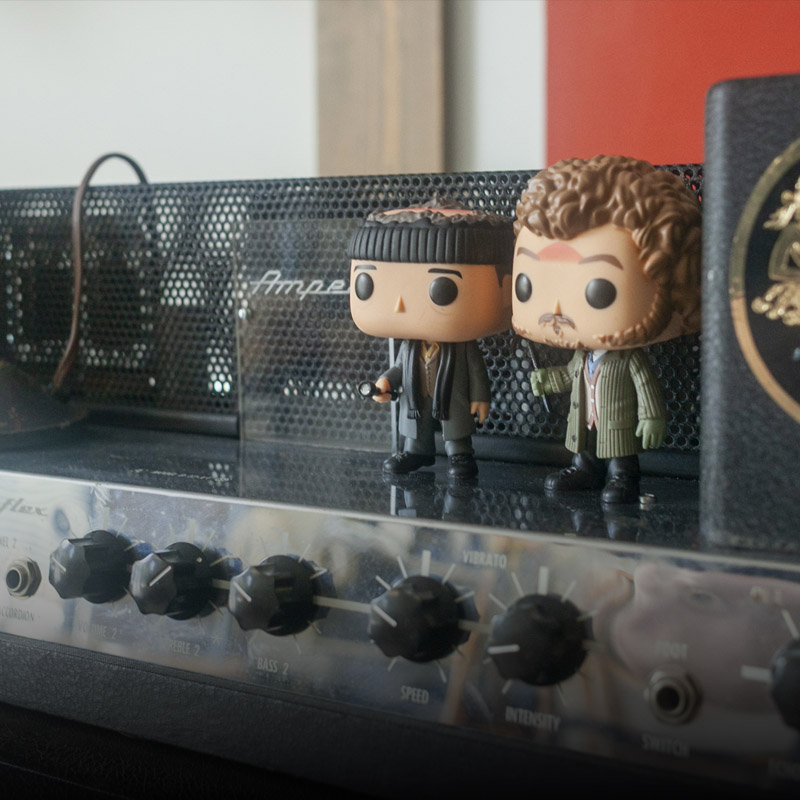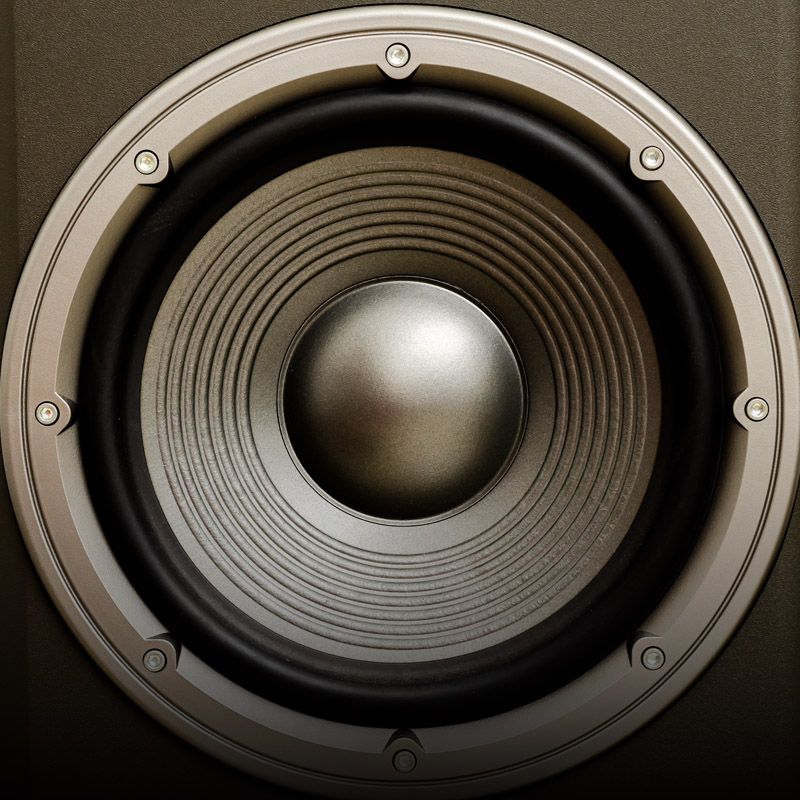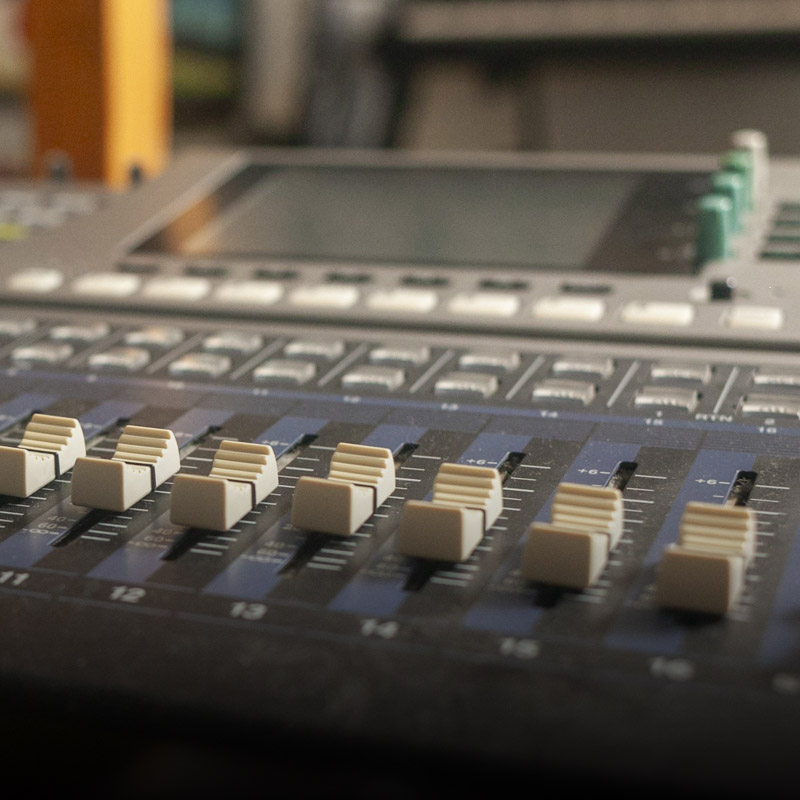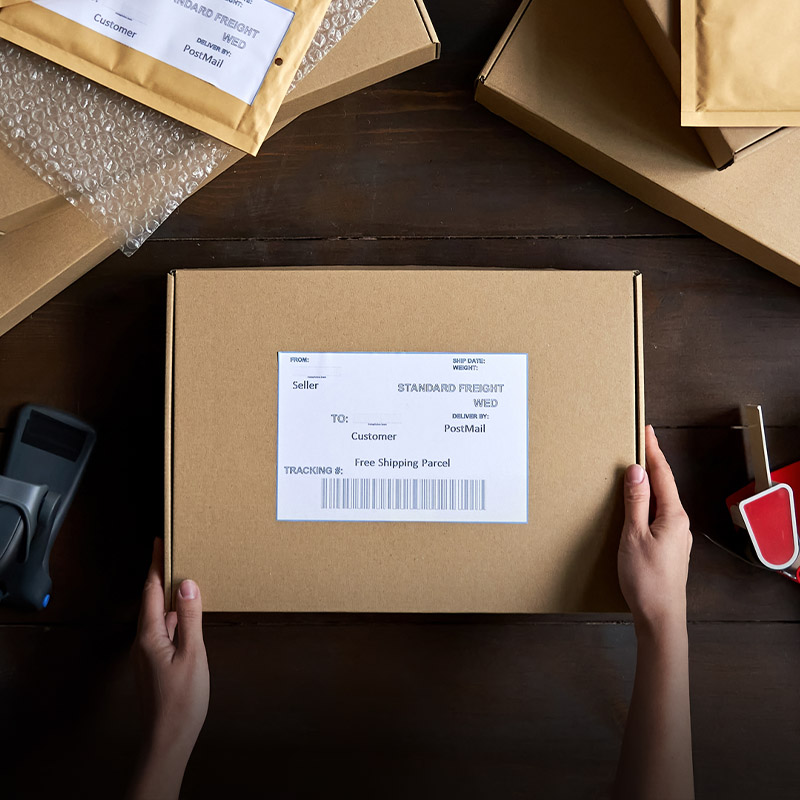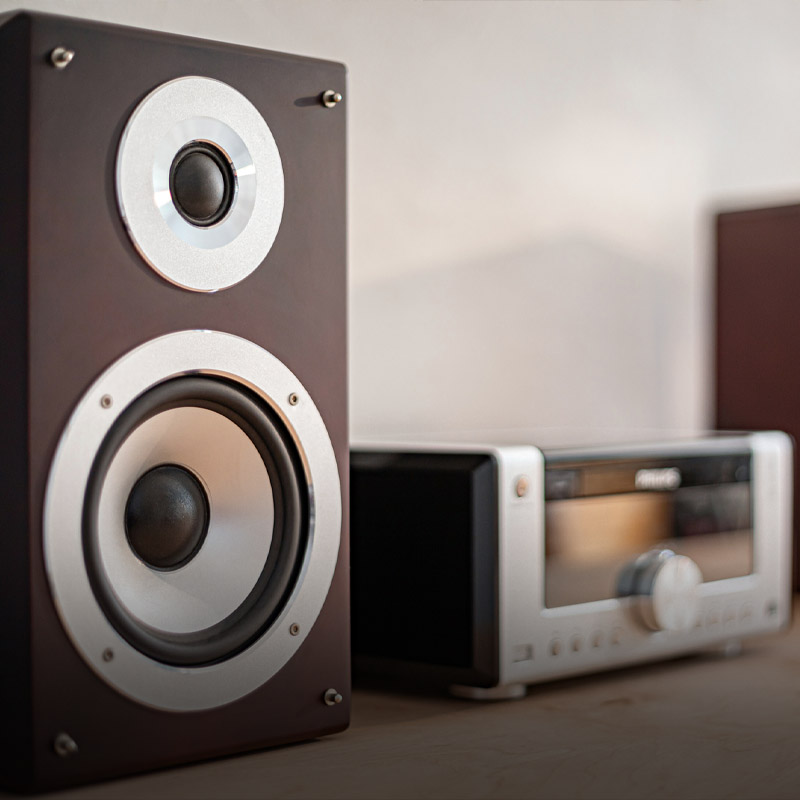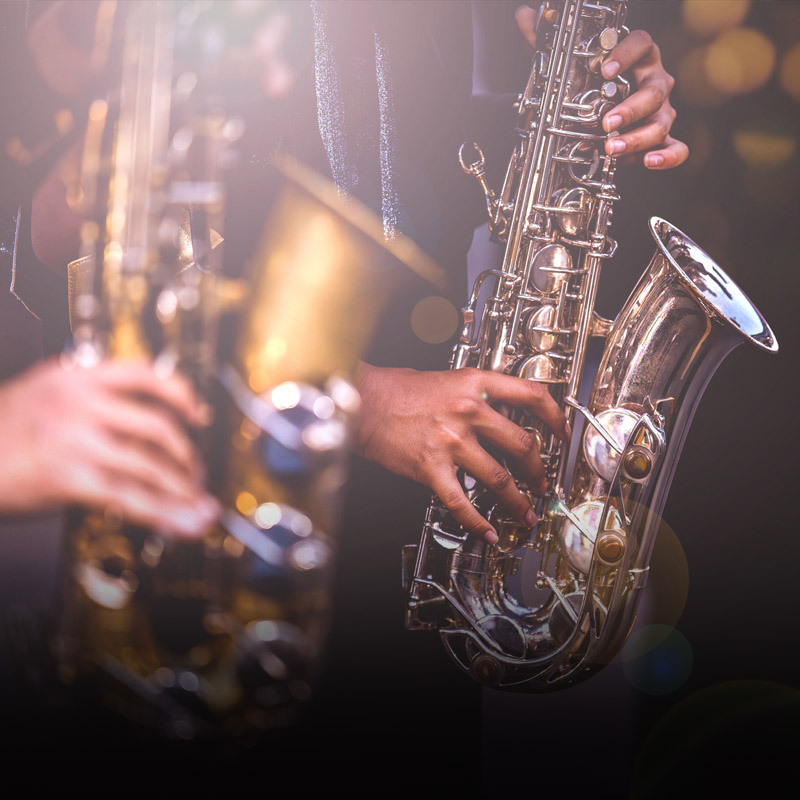If you're a bassist, you're probably interested in exploring tones that aren't so "one-note". Beyond messing with your bass's tone knob(s) and fiddling with the EQ on your amp, you've probably found two or three sounds that you like. But what if you want to get a bit more adventurous? You may think that delay, overdrive, chorus, and wah are only available to guitarists, but we're here to tell you that you're wrong! While most guitar pedals are created to be used with standard guitars, many of them work great with bass guitars and some are even made specifically for basses! The short answer to the question, "Can I use guitar pedals with a bass?" is YES. But there are some nuances you should understand before you drop cash on a pedal board.
Guitar Pedals vs Bass Pedals
In your research, you will have noticed that some pedals are designed specifically for bass guitars. Some are altered versions of existing pedals and others are entirely original. The key difference between guitar pedals and bass pedals is the frequencies to which they are designed to respond. A bass thumps out lower frequencies, so bass pedals are designed to listen in that lower range.
Guitar and bass play styles typically differ greatly as well, so it's not just the audio frequencies that pedal designers have to keep in mind. Different string thicknesses, neck lengths, and pickup styles all contribute to what makes each instrument unique. Guitar and bass pedal designers take all of this into consideration when creating their products.
Does this mean you can't use guitar pedals with a bass? Luckily, that's not the case! If you already have a guitar effects rig and want to try it out with your bass, go for it! You can probably get some sweet sounds out of it. However, if you're starting from scratch and want to build a pedal board specifically for bass, you will probably get the best results from bass-specific pedals.


